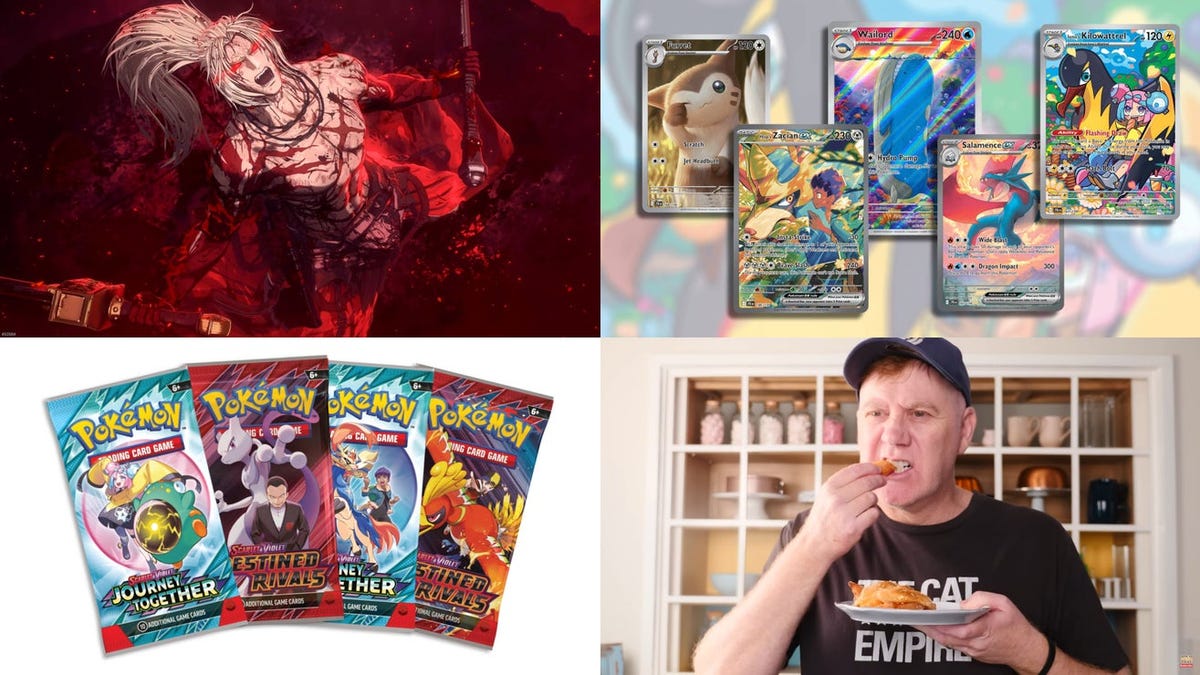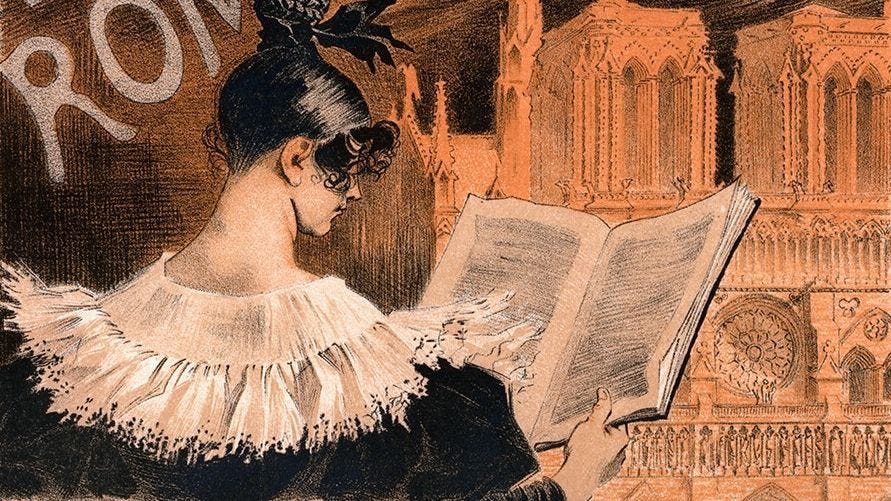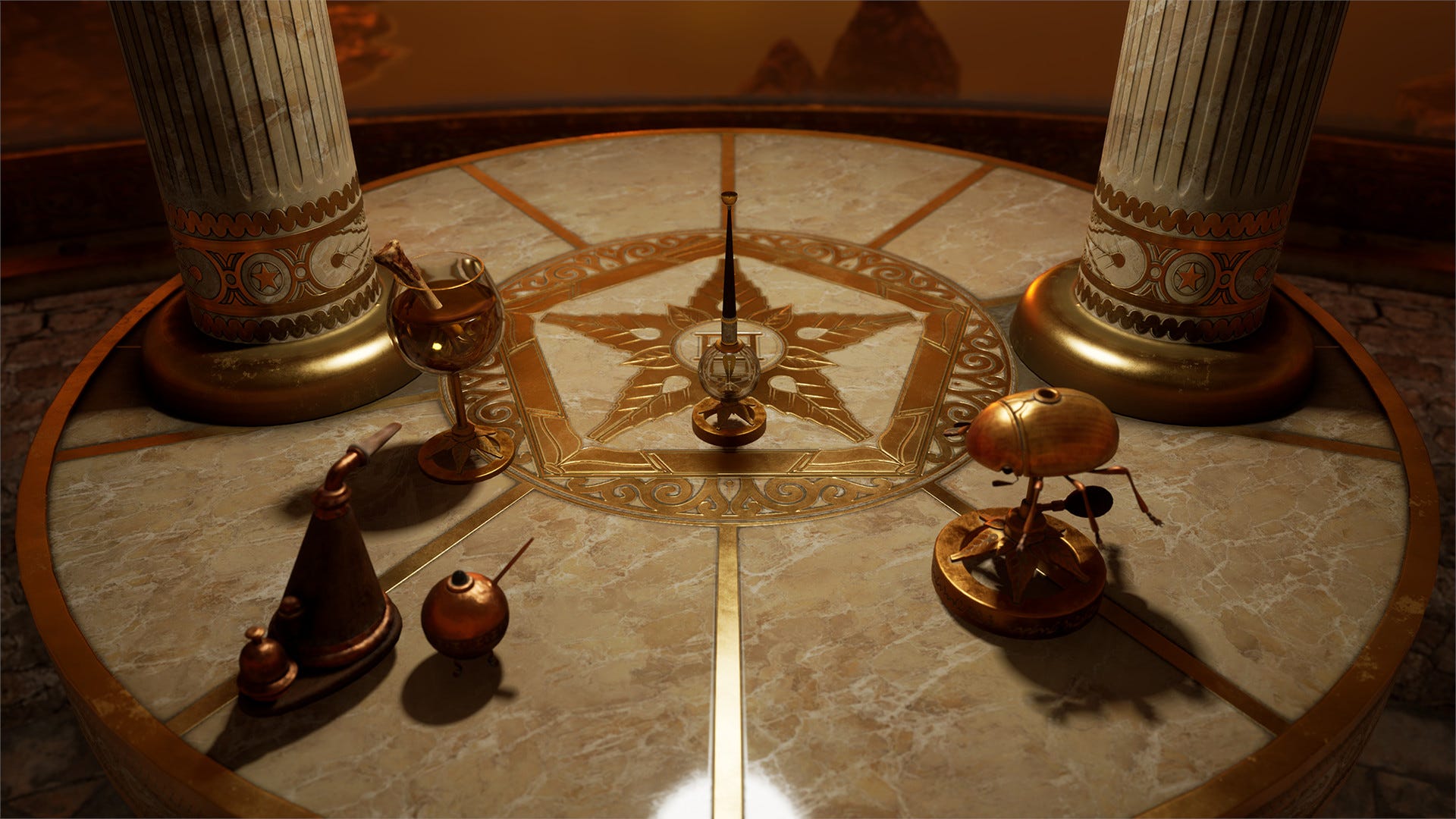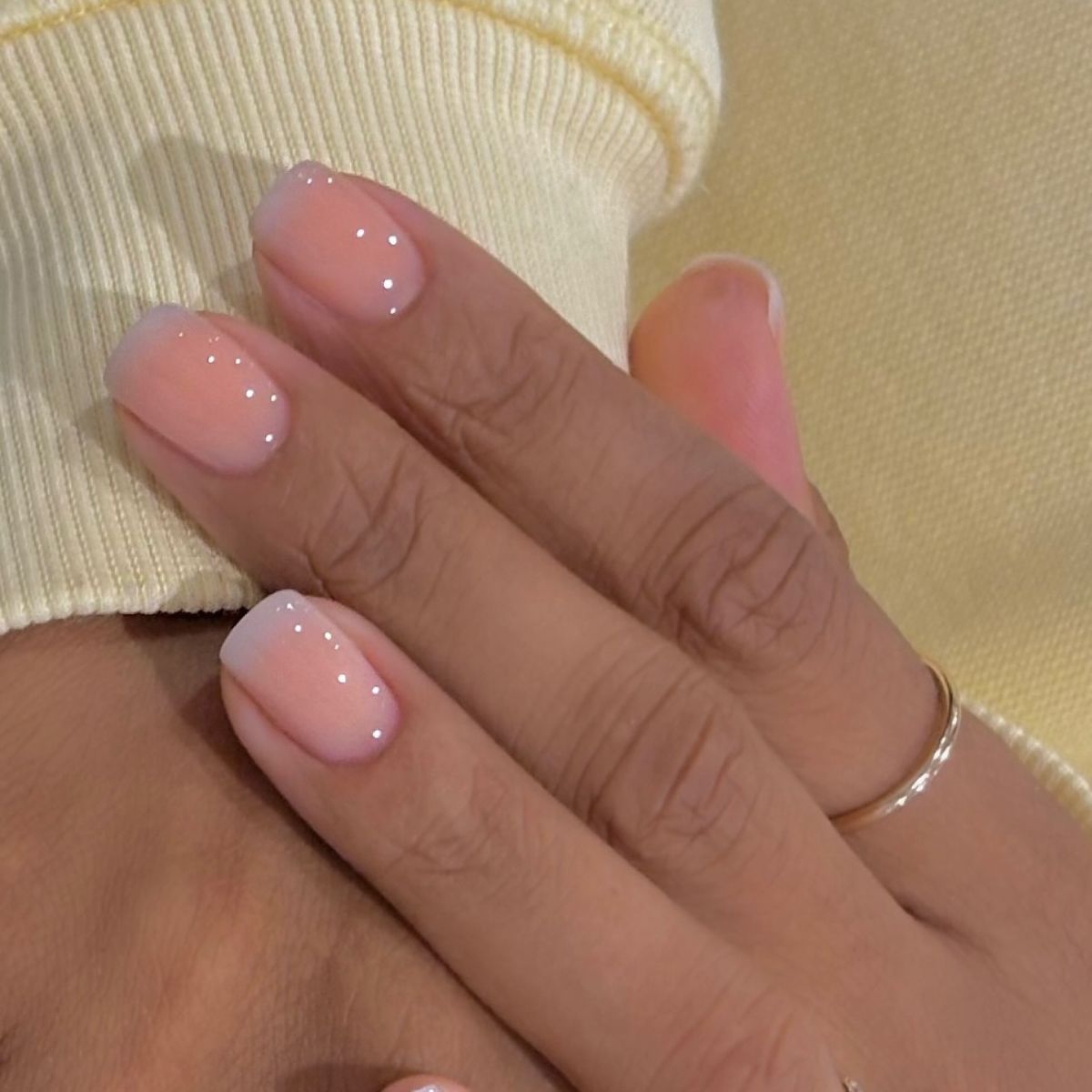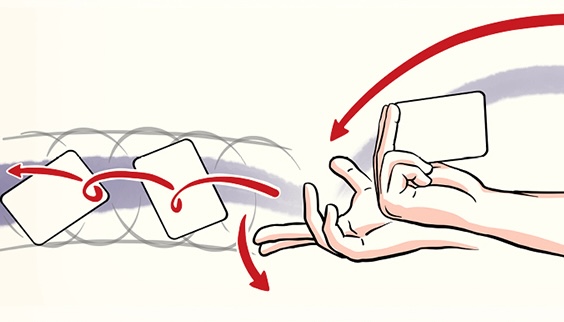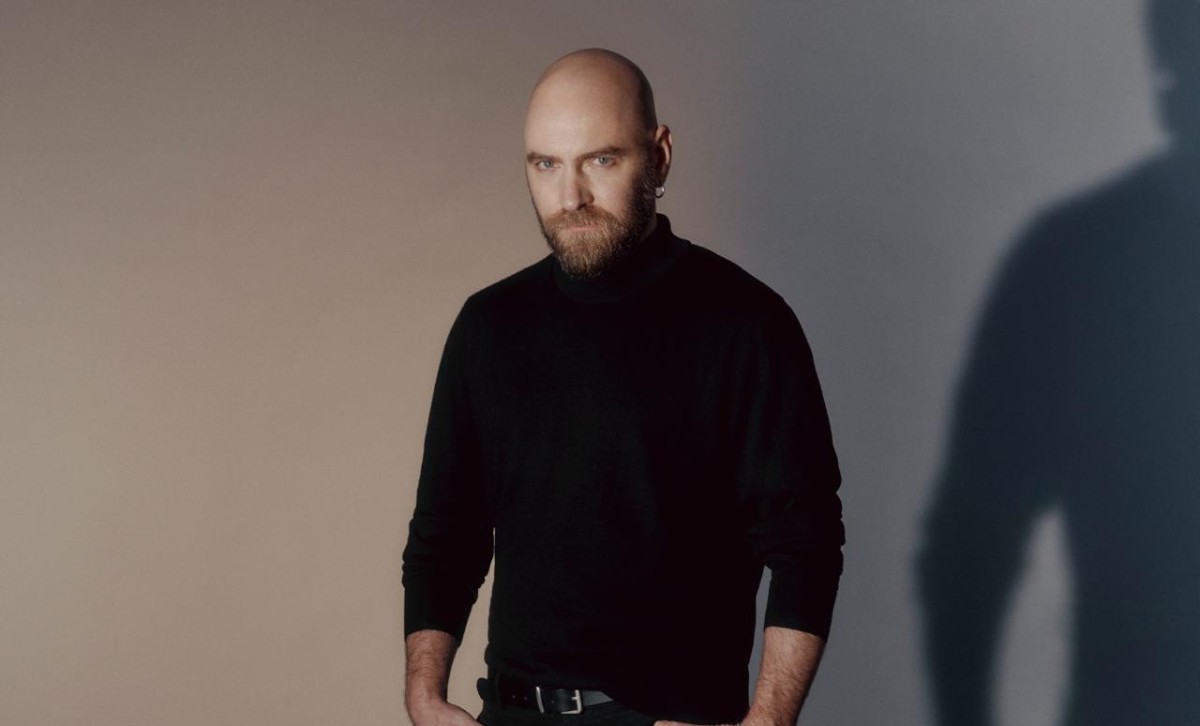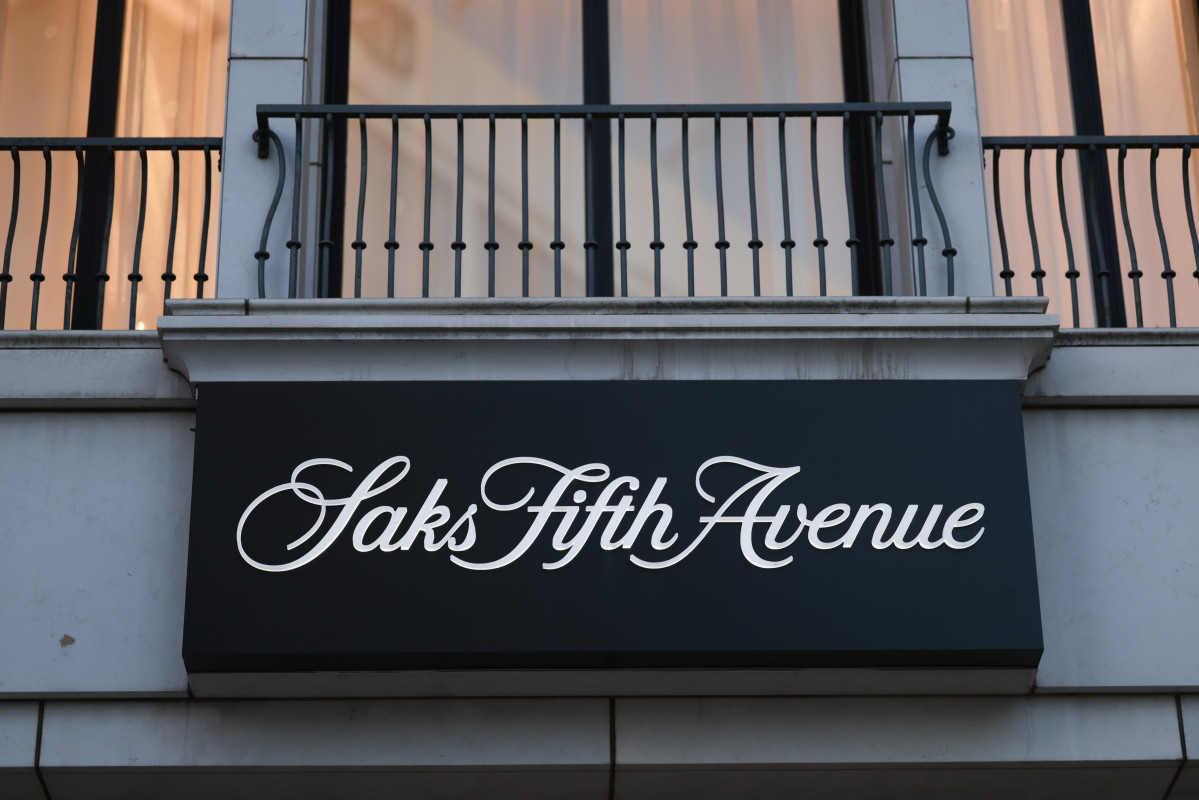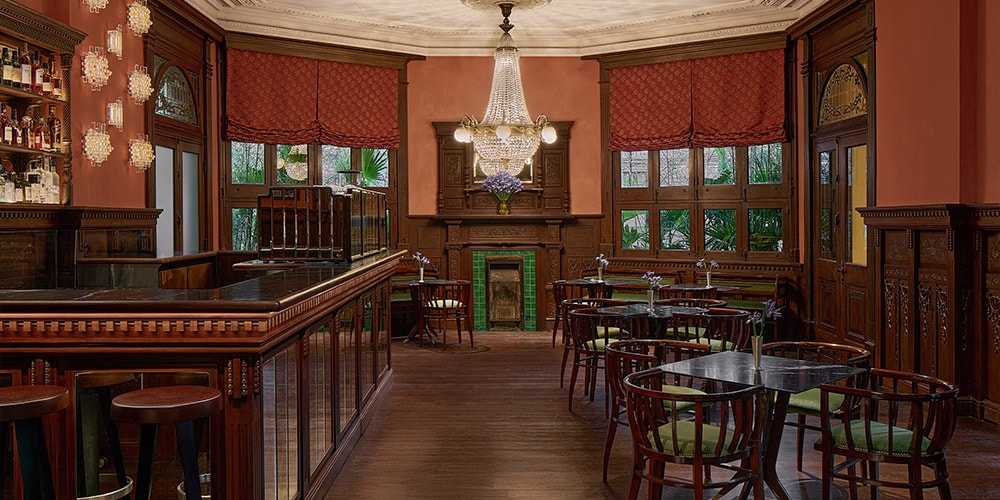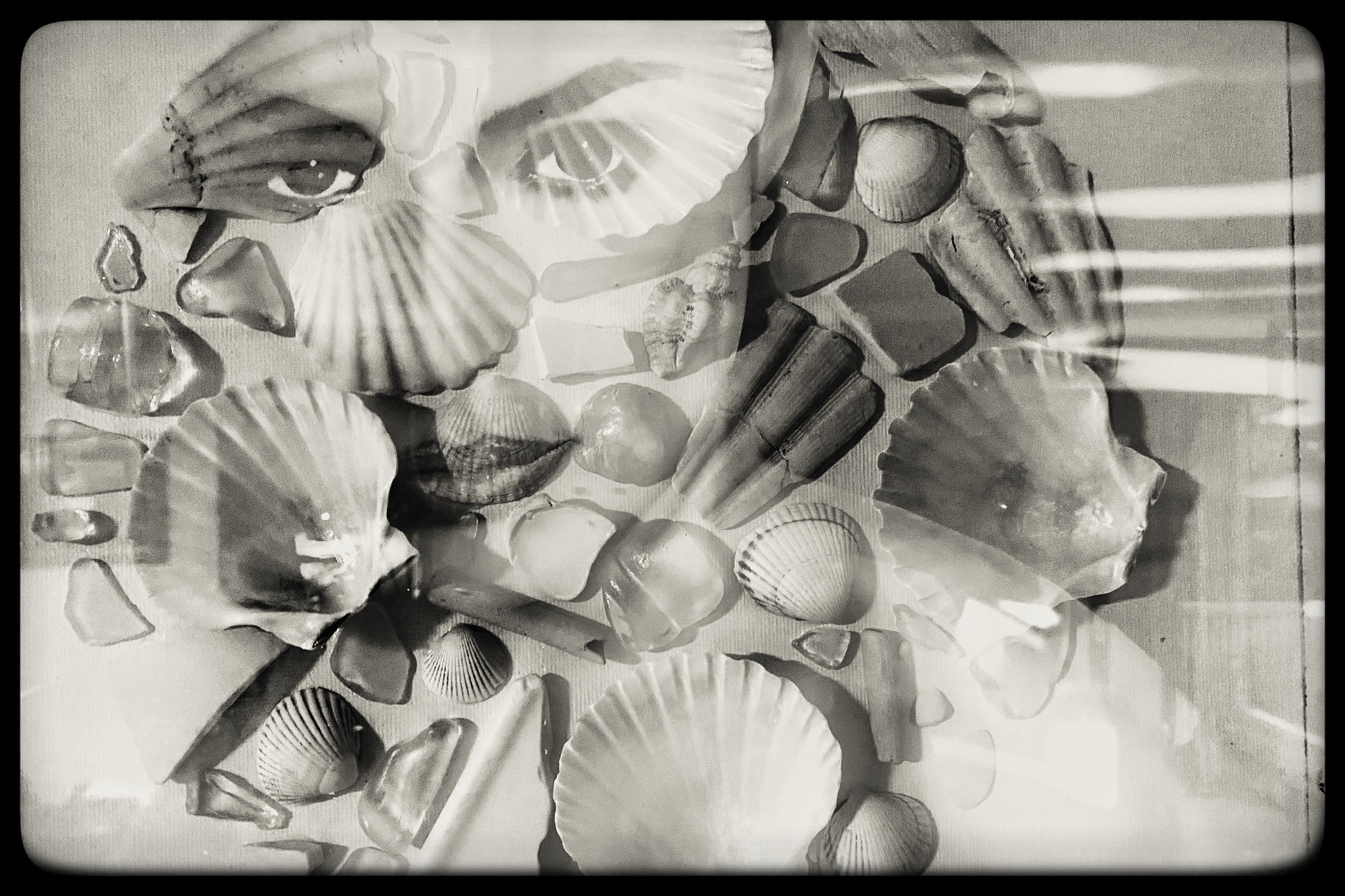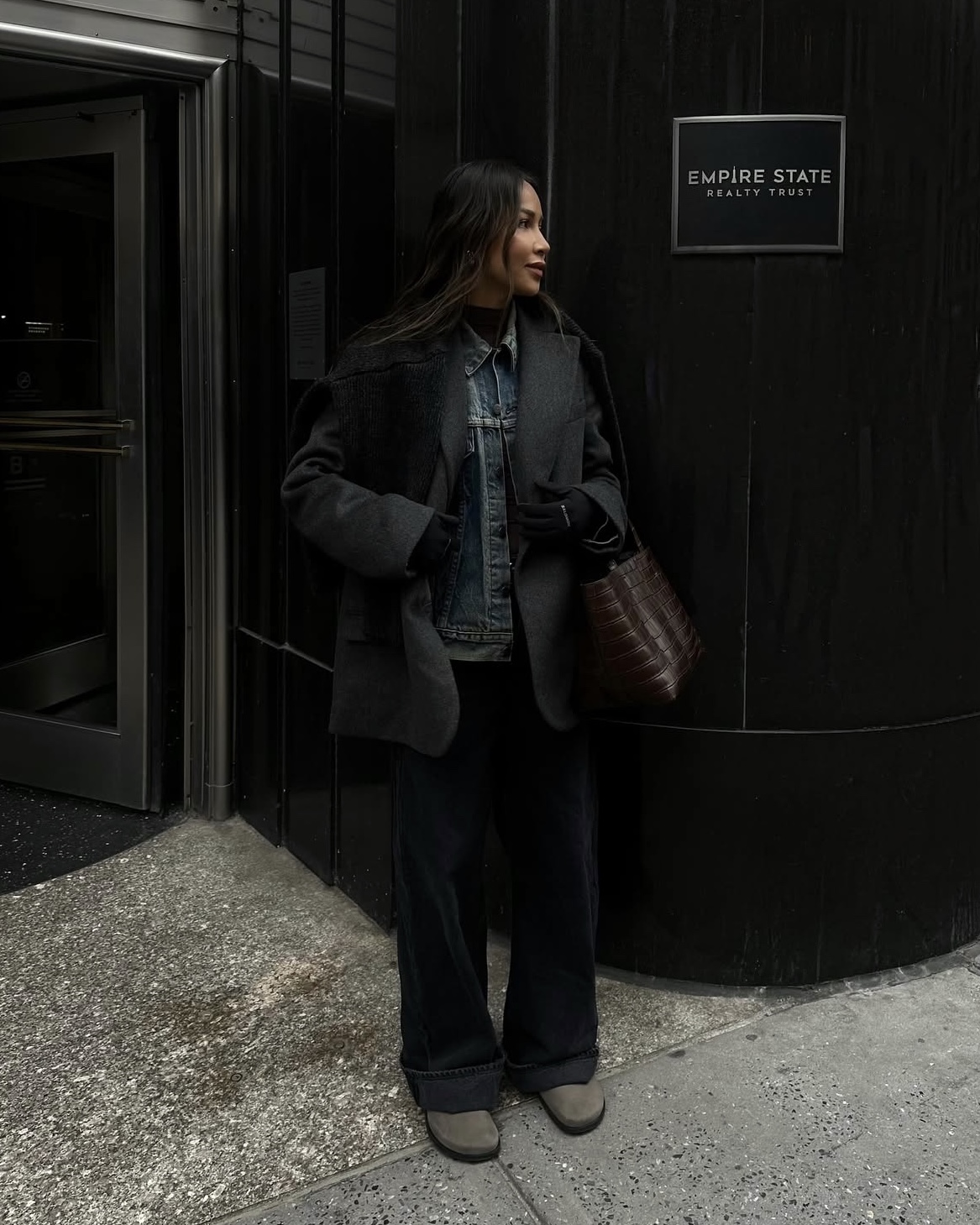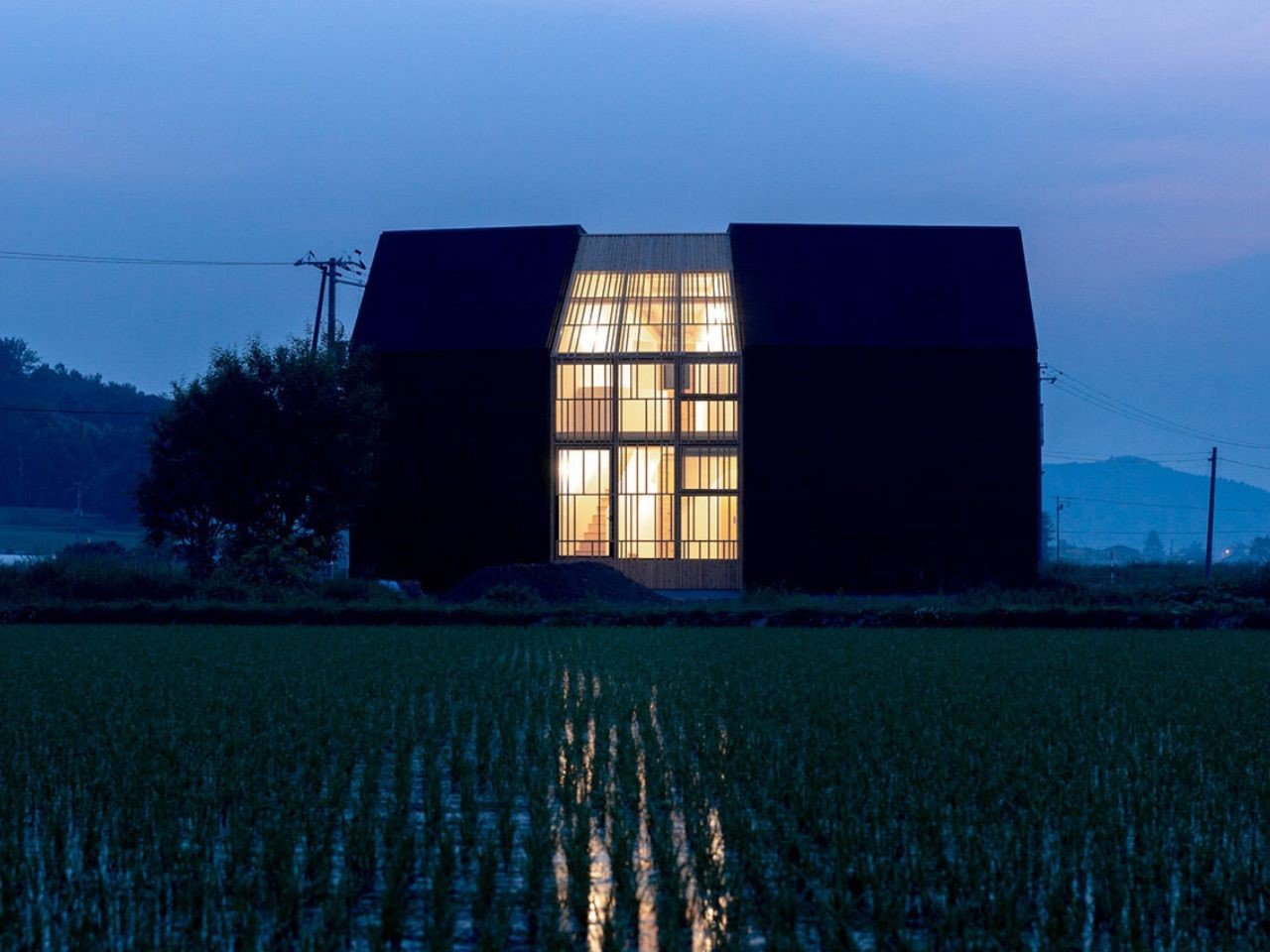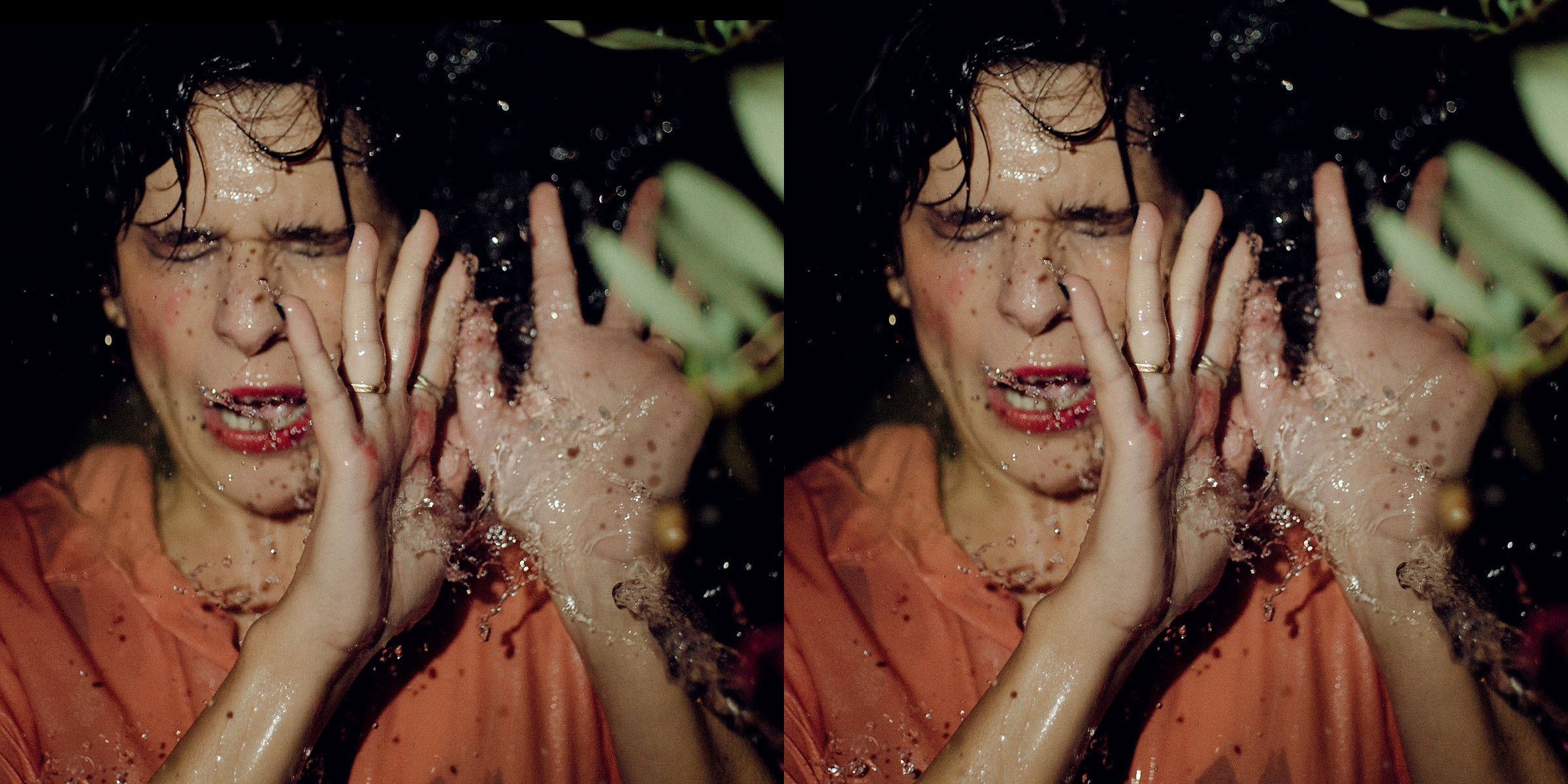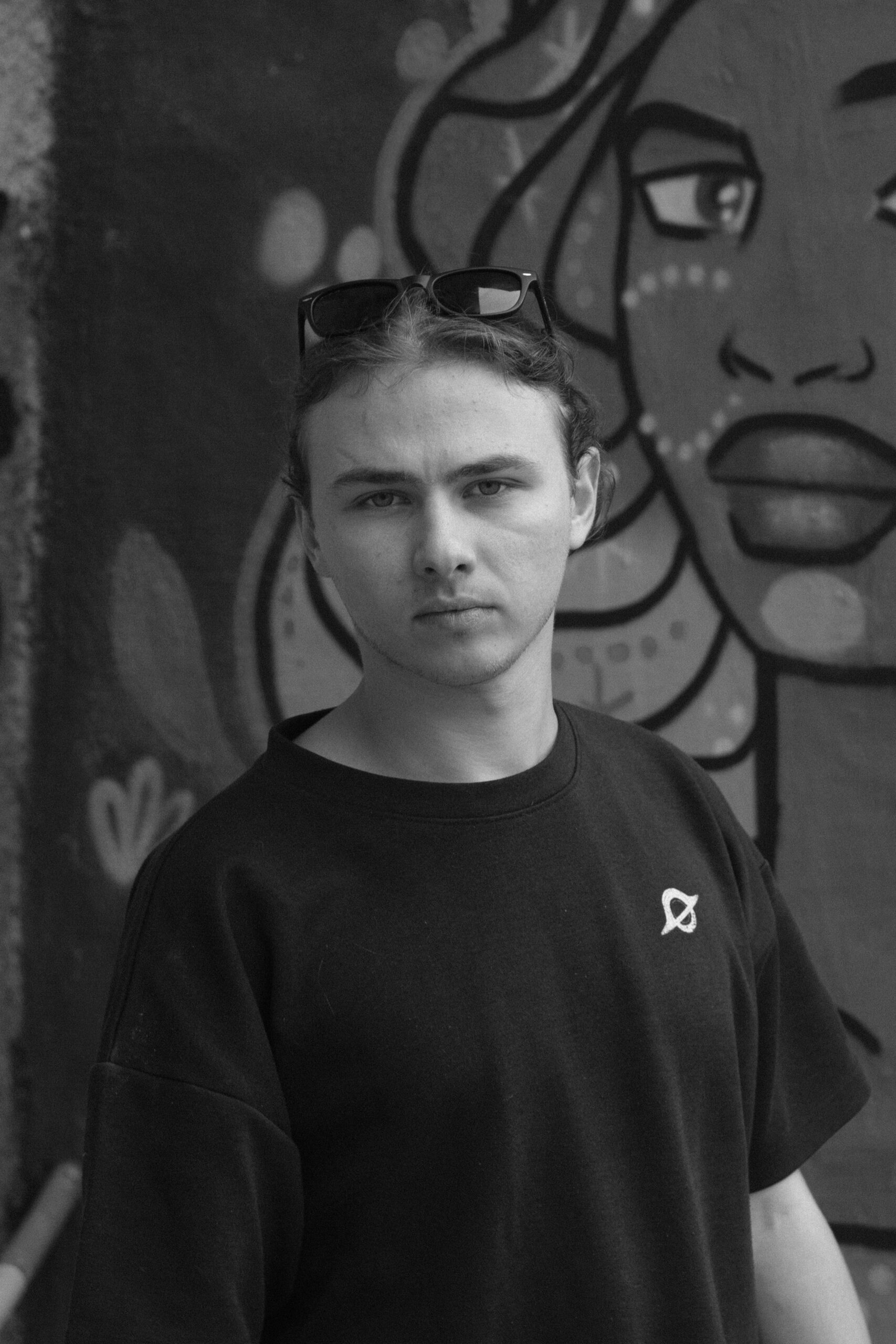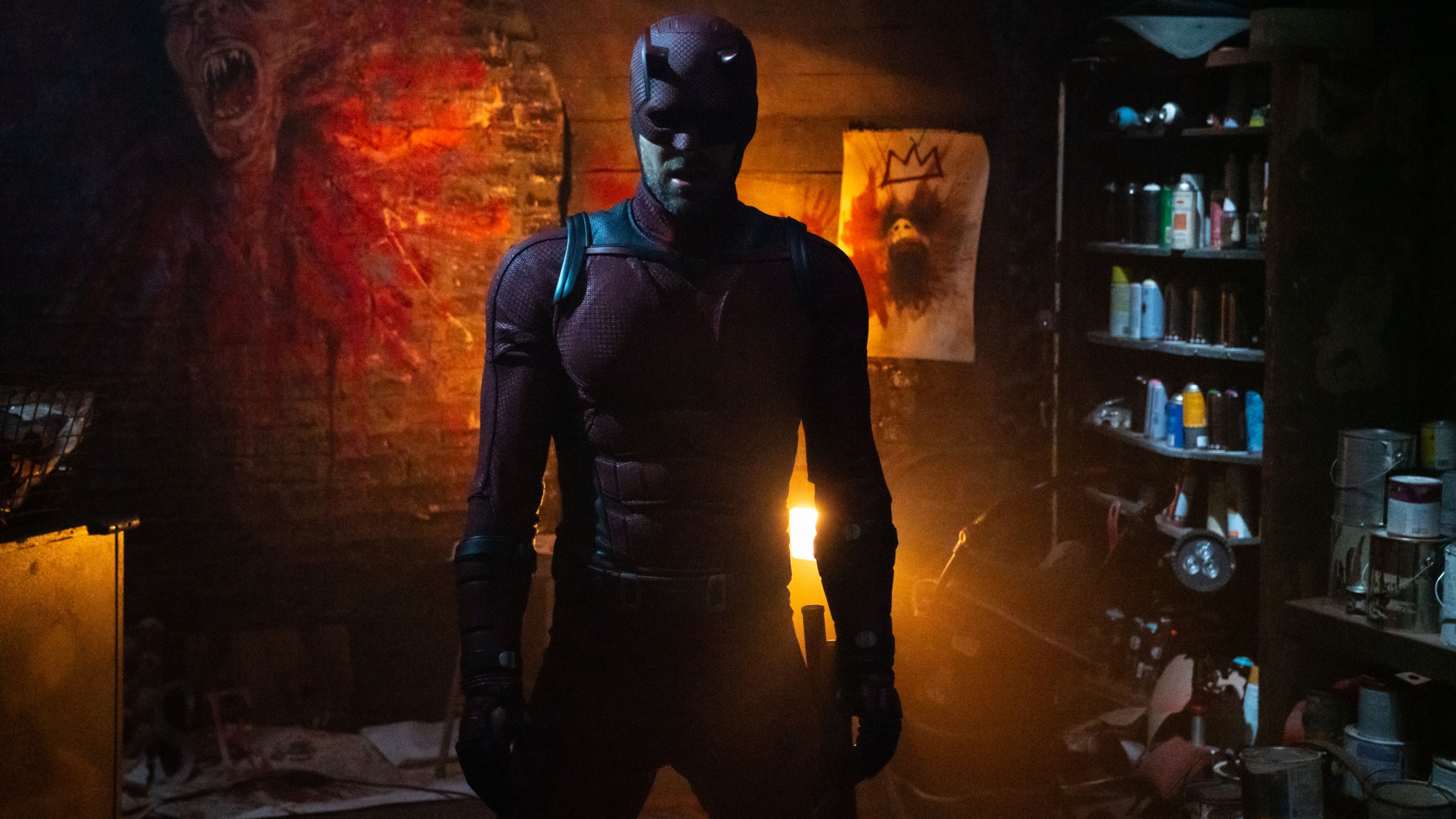The White Lotus Season 3 Too Slow? No, This is All Heading Somewhere Big
Plot it all out on paper, and between the first and sixth episodes of The White Lotus season three, very little changes. The opener was so efficient that by the end of the first hour, we knew pretty much everything we needed to about the new characters: the Ratliffs are a rat nest of moneyed, prescription-pill-popping dysfunction; […] The post The White Lotus Season 3 Too Slow? No, This is All Heading Somewhere Big appeared first on Den of Geek.
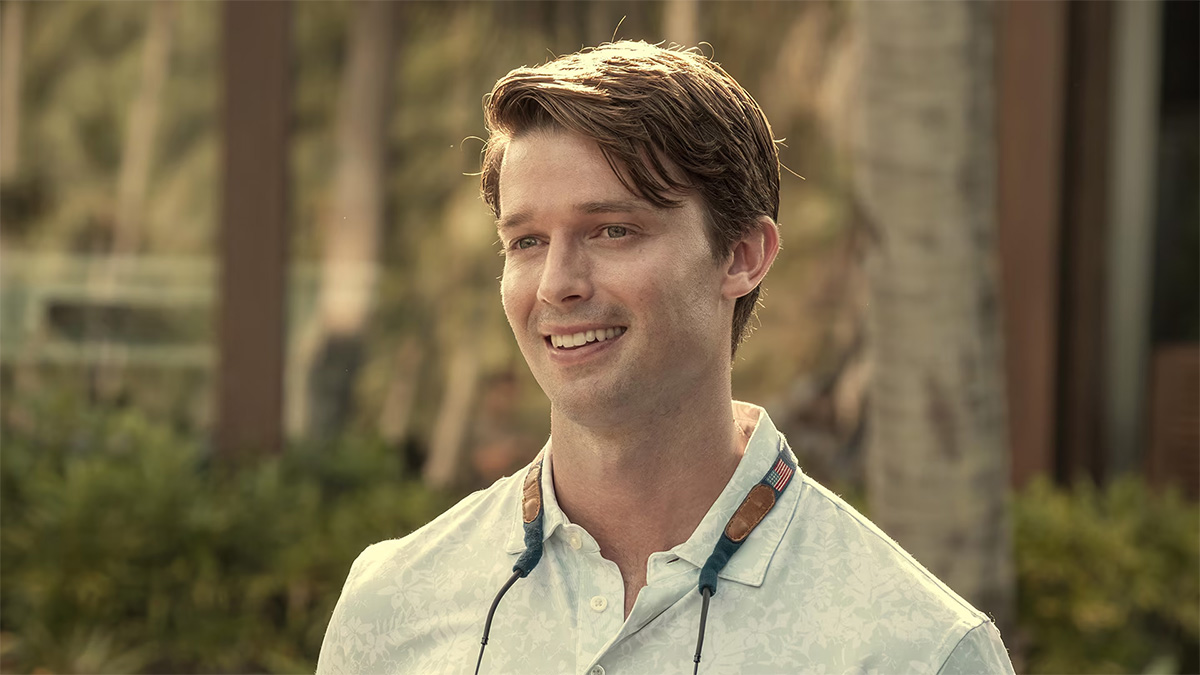
Plot it all out on paper, and between the first and sixth episodes of The White Lotus season three, very little changes. The opener was so efficient that by the end of the first hour, we knew pretty much everything we needed to about the new characters: the Ratliffs are a rat nest of moneyed, prescription-pill-popping dysfunction; the trio of 40-something women who say they’re best friends actually hate each other; Rick is powered by poison and adorable Chelsea should run a mile; and masseuse Belinda is right to worry about Greg/Gary…
Over the next five episodes, all of that initial construction has only been confirmed. That’s why this season, more than the previous ones, has felt at times as though there’s been little story progress, because what has happened only deepened our well-directed first impressions. Aside from the usual guessing game of who will and won’t survive the murder mystery this time, there’ve been very few questions we need answered.
Instead, season three has doubled down on the show’s raison d’être: depicting the moral vacuum inside Western capitalist ideals.
The White Lotus has always been an eat-the-rich satire populating the screen with wealthy grotesques. In season one, there was boorish Shane Patton, who couldn’t be happy in paradise because his beautiful and luxurious hotel suite wasn’t the most beautiful, luxurious hotel suite in the complex. (To Shane, luxury is a zero sum game: in order for him to win, somebody else had to lose.)
In season two, there was Cameron and Daphne, whose “perfect” marriage was revealed to be a points-scoring death match in which Daphne had played the winning shot by getting pregnant by her personal trainer so that whatever Cameron’s indiscretions, she could always reassure herself that she’d secretly humiliated him more. In both seasons, Jennifer Coolidge’s Tanya McQuoid was a lonely overgrown toddler whose millions not only couldn’t buy her the love she craved, but also made her a target for murder.
That’s just a section of The White Lotus’ expensive patchwork of unfulfilled, unhappy and unconscionable rich folks. So far, Mike White’s show has delivered the message that while having the kind of wealth that allows you to stay in these tropical palaces looks aspirational, other misery will get ya. There’s a price to pay for these people’s luxurious lives, which leave casualties in their wake. Even being around them is dangerous, as hotel manager Armond found out in season one.
Season three goes one step further. The inclusion of the Buddhist monastery next to the hotel complex is the show’s clearest depiction yet of the battle between consumerism and spiritualism. More than ever before, the drama is drawing a line between the hideous rich and the spiritually content. This time around, we’re not just invited to laugh at a bunch of unhappy, black card-carrying millionaires, we’re invited to question their essential humanity.
It all comes down to one of Chelsea’s lines in episode six. When a hungover Saxon petulantly asked why she’d refused to hook up with him the night before (maybe indirectly blaming her choice for the fact that he’d subsequently had an incestuous threesome with his younger brother), she told him that hooking up with him would have been an empty experience because he was “soulless”.
She’s not wrong. Saxon Ratliff is an abomination, and designedly so. Beyond sex, money, and protein shakes, he has zero values. When his mother asked him if the new friends who’d invited their family on a day cruise were “decent people” he looked nonplussed. Durr. “They have a yacht”, he assured her. Of course they’re decent people. To Saxon, wealth is the deserved reward of good people who make the right decisions.
It’s no surprise he thinks that; so does his Lorazepam-addicted mother Victoria. Money is so central to her value system that she told husband Timothy in episode six that she wouldn’t even want to live if they didn’t have it. (Not that he’s told anybody, Timothy is currently facing FBI assets-seizure and a prison sentence for a fraudulent financial arrangement with LGBT+-murdering sultanate Brunei. If Victoria survives the season finale, she’s going to have a choice to make.)
Are the Ratliffs decent people? On no level. They’re The White Lotus’ ultimate creation – a family so driven by acquisitive ideals that they’ve become rot-filled husks so value and morality-free that their sons tumble into having sex with each other. They’re Game of Thrones’ Lannisters, but less likeable.
Well, not all of them. Daughter Piper has recognised the hollowness of their cosseted lifestyle and is seeking to escape to the Thai monastery. Depending on how thoroughgoing The White Lotus’ cynicism is, there could still be hope for Piper Ratliff. There may also be hope for youngest son Lachlan. With two episodes still to go, his potential goodness hangs in the balance, though the choice he made to share a room with Saxon instead of Piper in the season opener felt like a spiritual crossroads moment that he got wrong.
Season three’s other guests are less extreme but still shore up the show’s thesis. Frank’s unforgettable monologue in that Bangkok bar was a short story about the danger of getting trapped on the hedonic treadmill, always insatiably wanting more. Model Chloe may as well be a Ratliff for all her moral-free, self-serving acquisitiveness. Her murderer boyfriend Greg/Gary literally killed for his millions (or at least planned to). Even actress Jaclyn’s obsession with youth – so ingrained that she’s married a much younger man whose fidelity she constantly doubts – is shown to lead nowhere good.
It’s all building not just to the gunshots and the discovery of whose corpse we’re about to see floating face-down in the resort’s crystal blue waters, but to an almighty ideological clash: Consumerism v Spiritualism, Greed v Generosity, West v East, the Soulless v the Ensouled. Don’t say that nothing’s happening this season because this is the big one: it’s Armageddon in paradise.
The White Lotus season three continues on Sunday nights on HBO.
The post The White Lotus Season 3 Too Slow? No, This is All Heading Somewhere Big appeared first on Den of Geek.


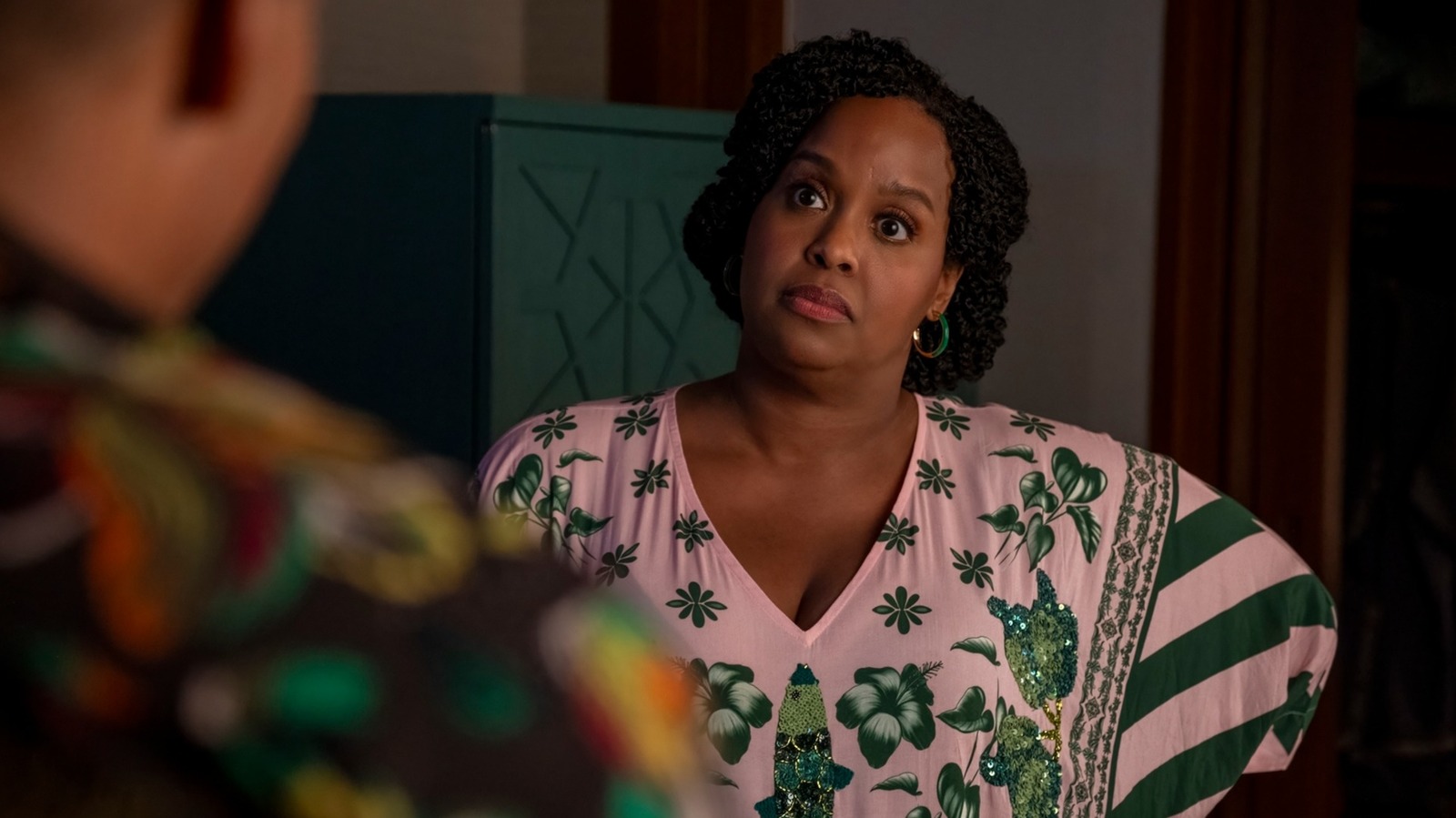
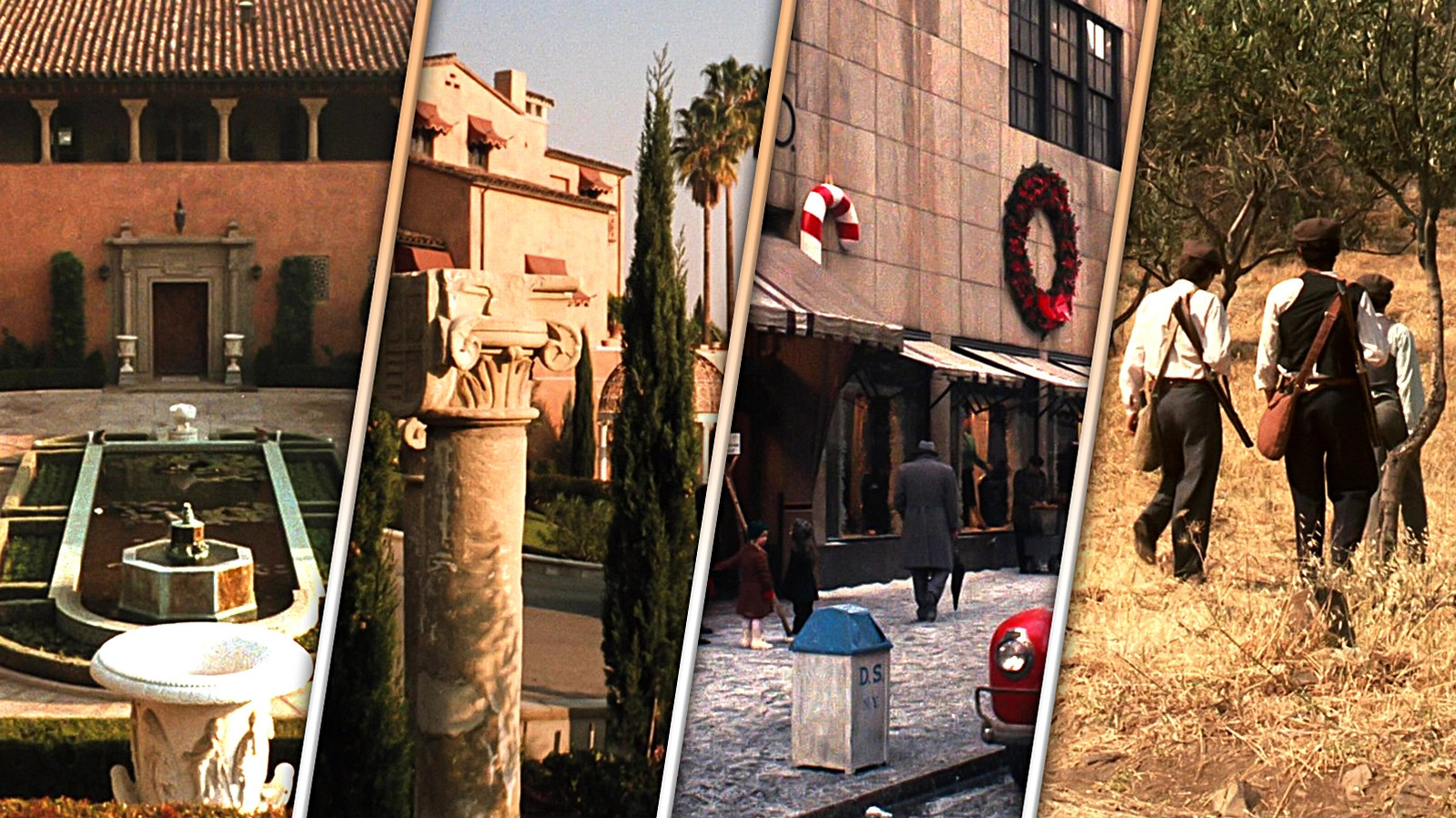
![‘Zombie Army VR’ Shuffles to a May 22 Release; Pre-Orders Open Now [Trailer]](https://bloody-disgusting.com/wp-content/uploads/2025/03/zombiearmy.jpg)

![Tubi’s ‘Ex Door Neighbor’ Cleverly Plays on Expectations [Review]](https://bloody-disgusting.com/wp-content/uploads/2025/03/Ex-Door-Neighbor-2025.jpeg)
![Uncovering the True Villains of Gore Verbinski’s ‘The Ring’ [The Lady Killers Podcast]](https://bloody-disgusting.com/wp-content/uploads/2025/03/Screenshot-2025-03-27-at-8.00.32-AM.png)












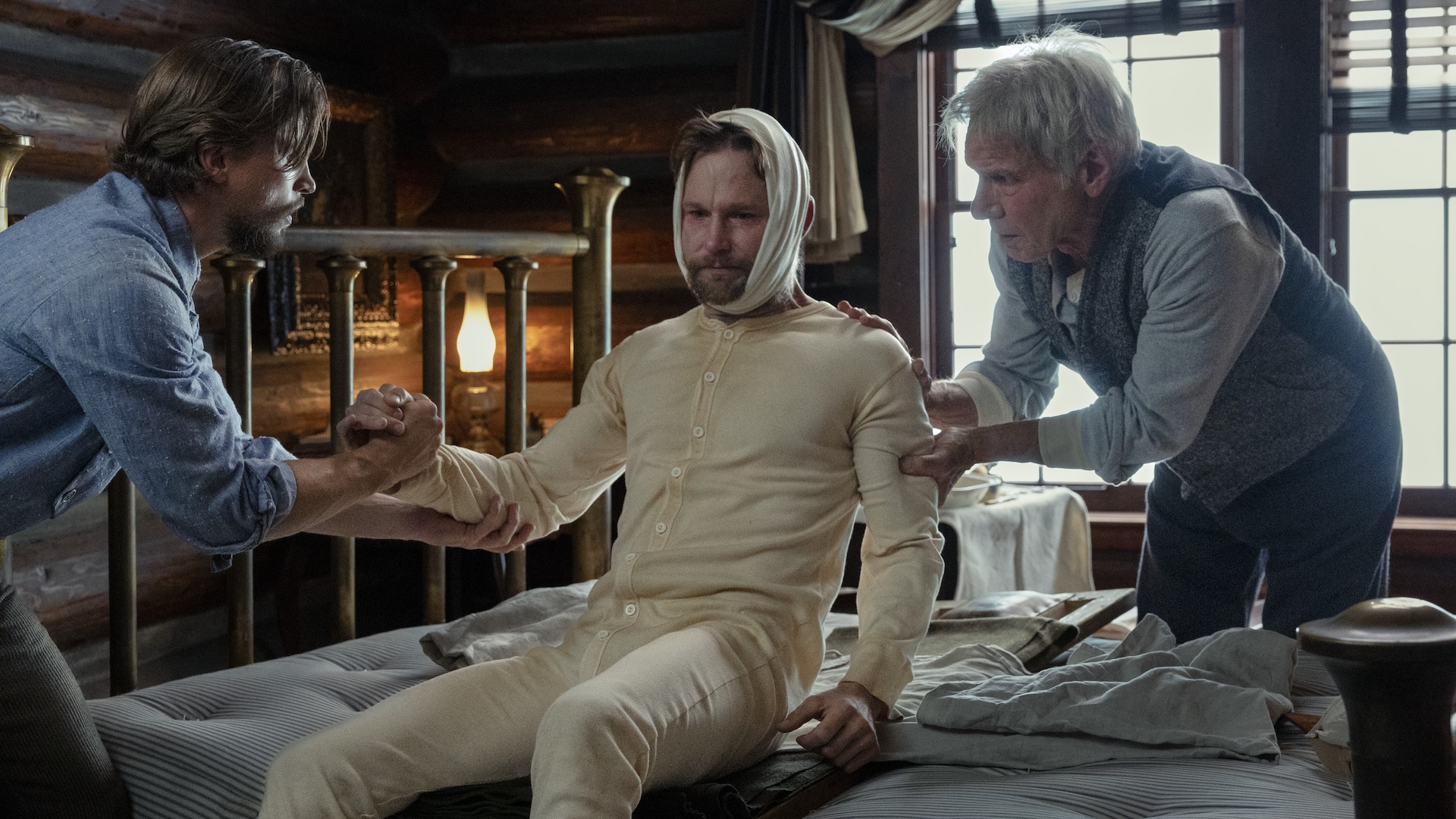
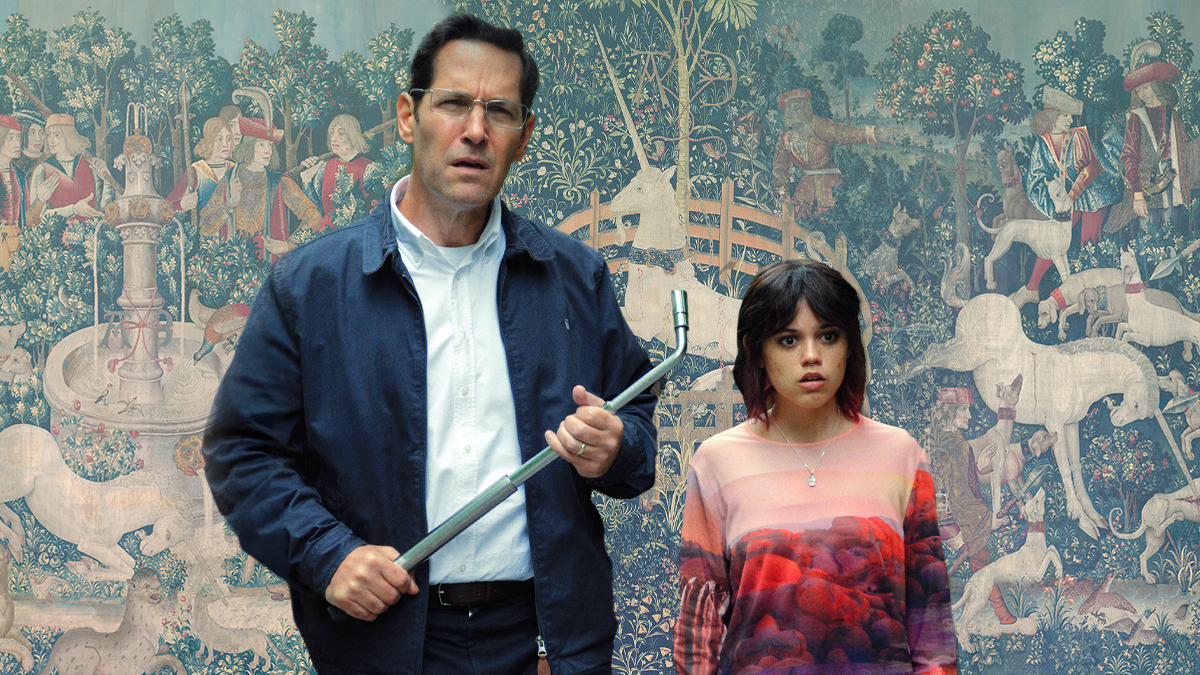
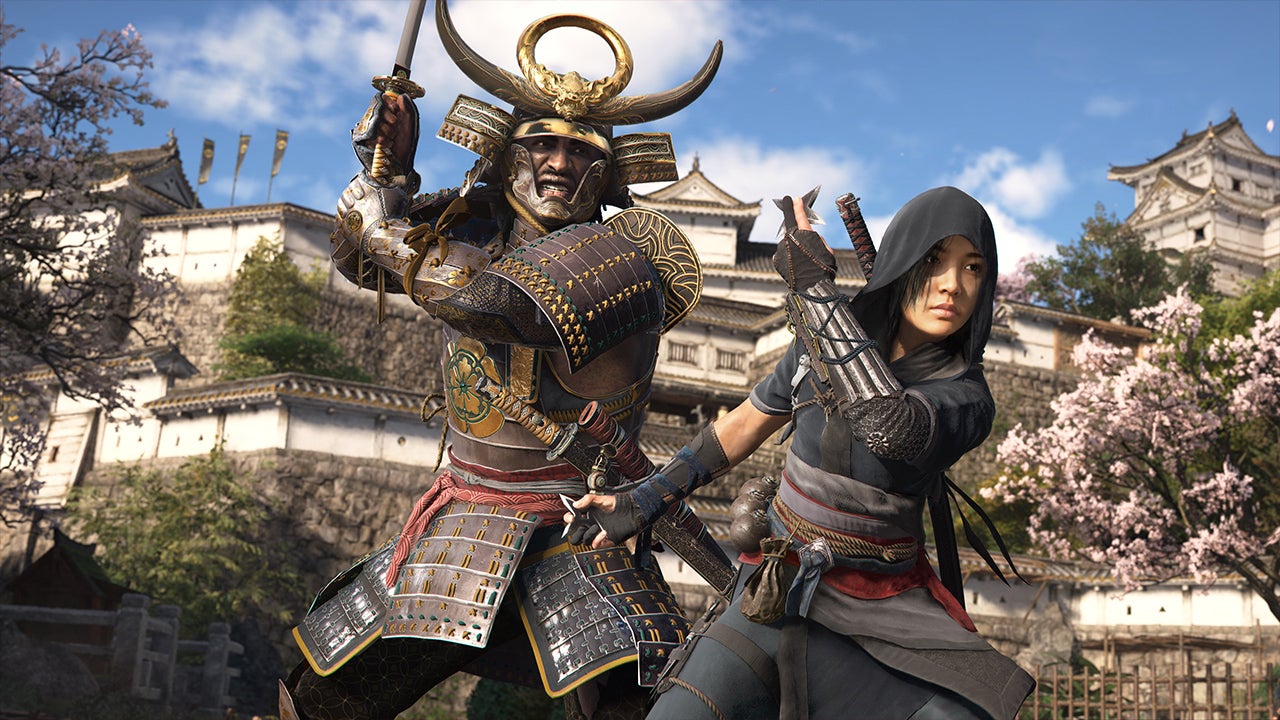



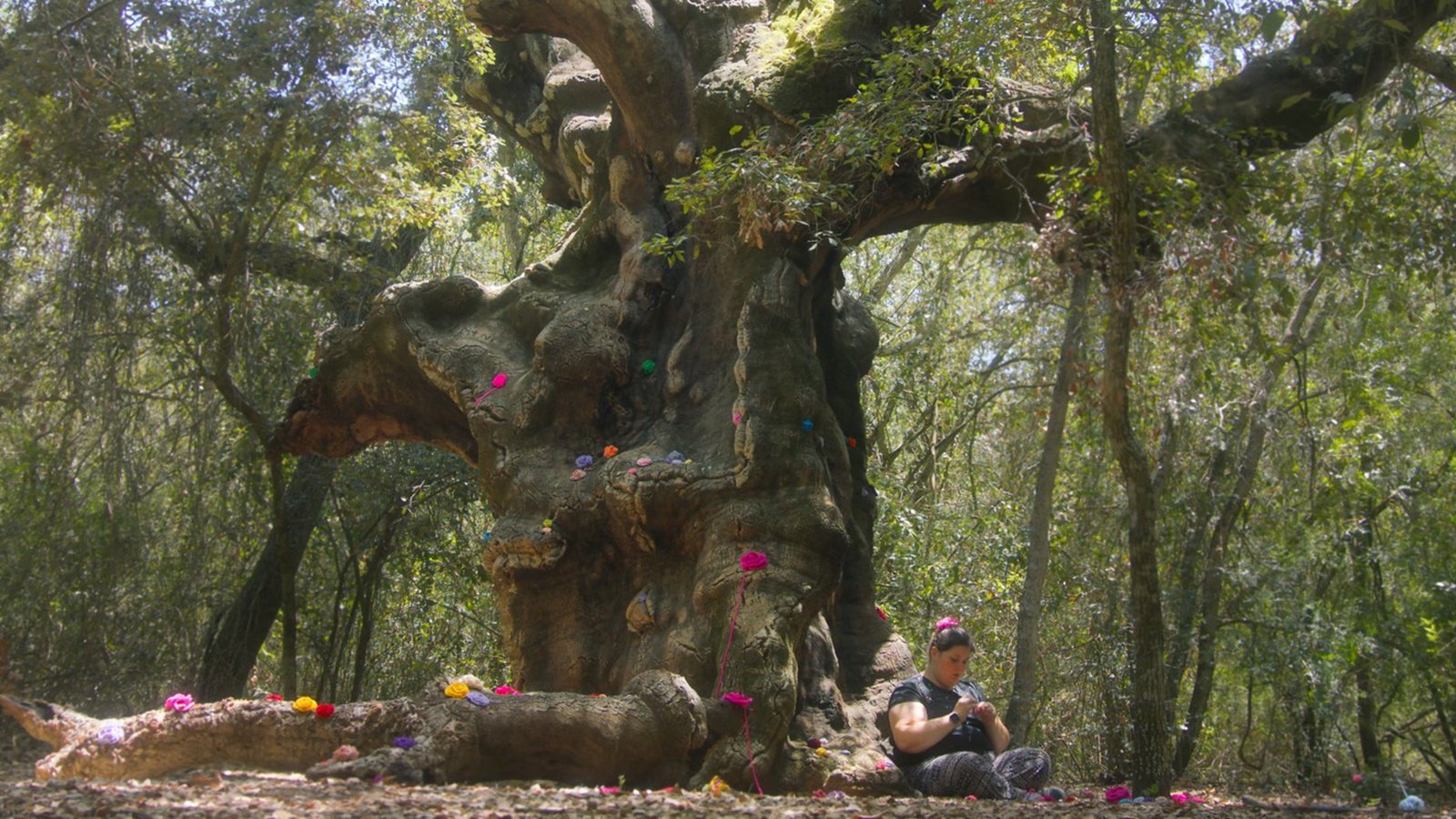
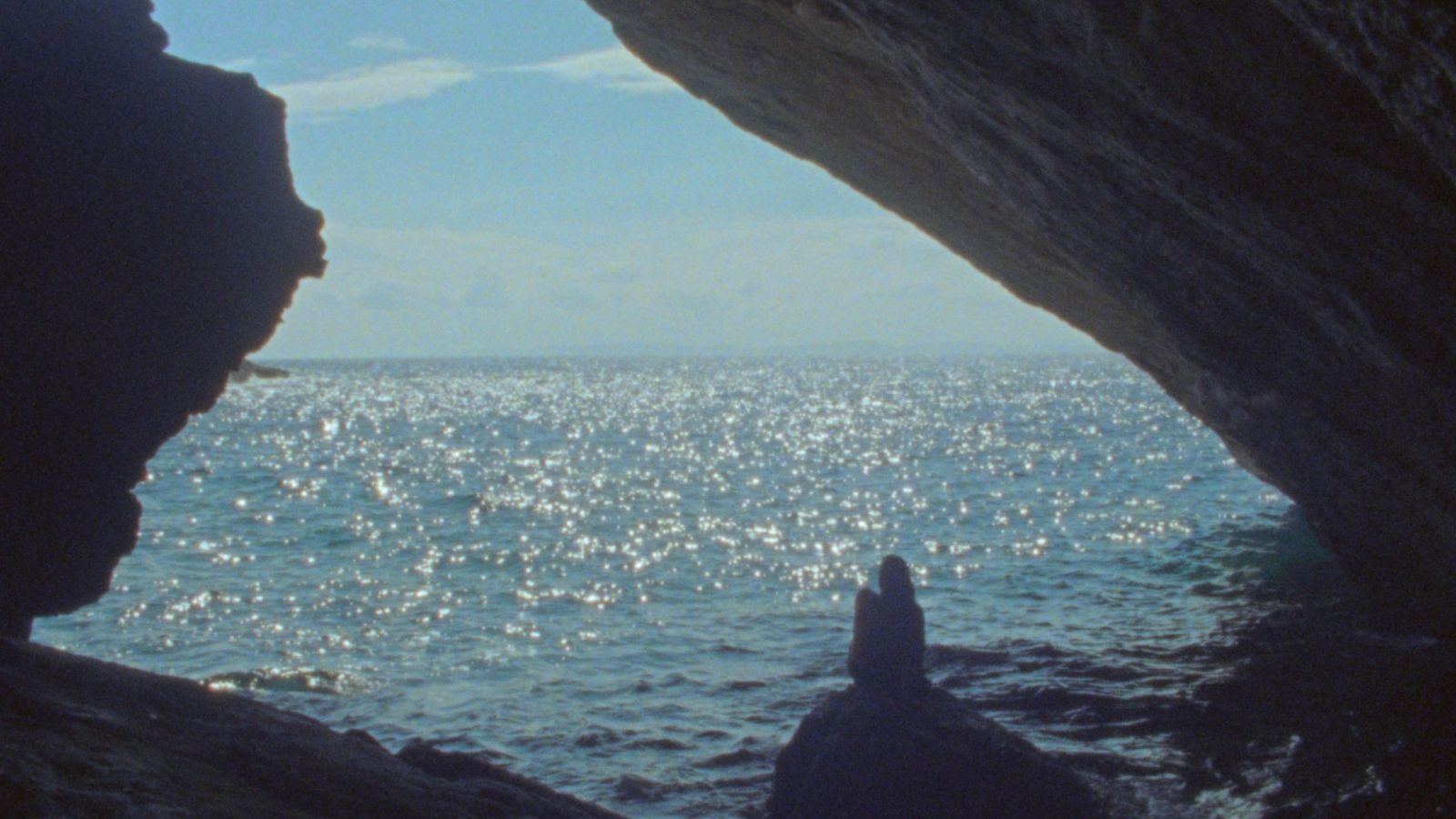









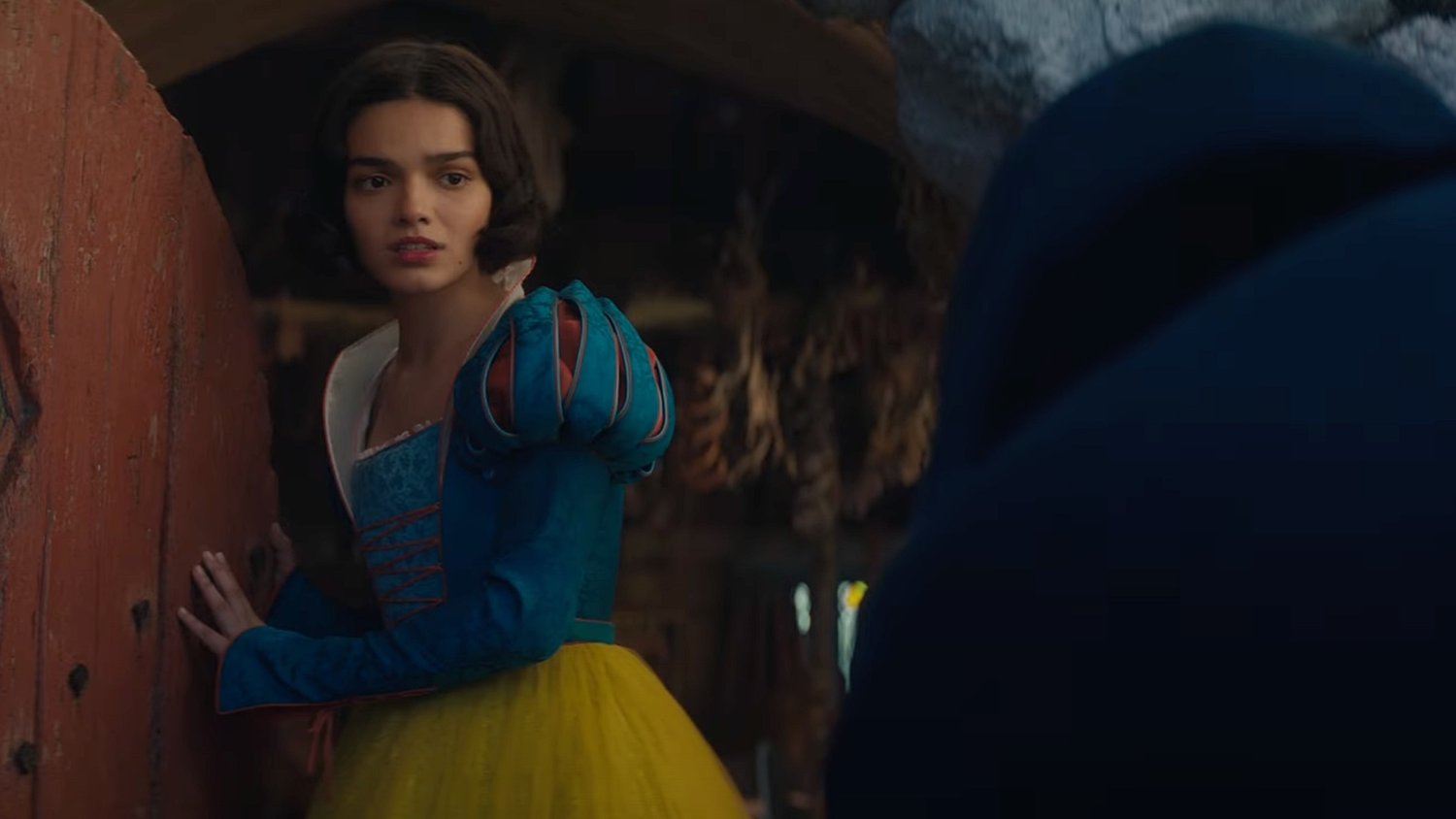
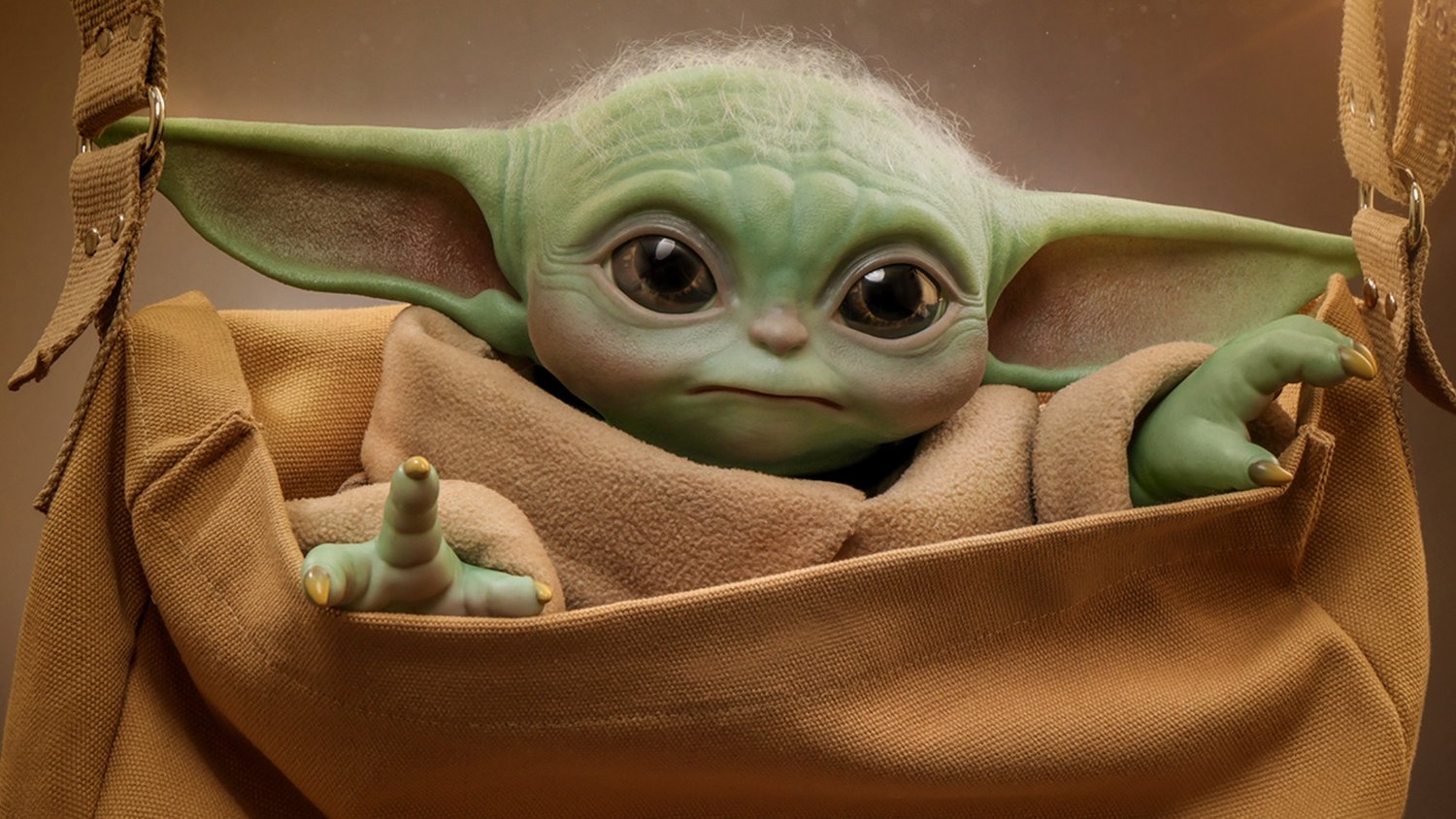





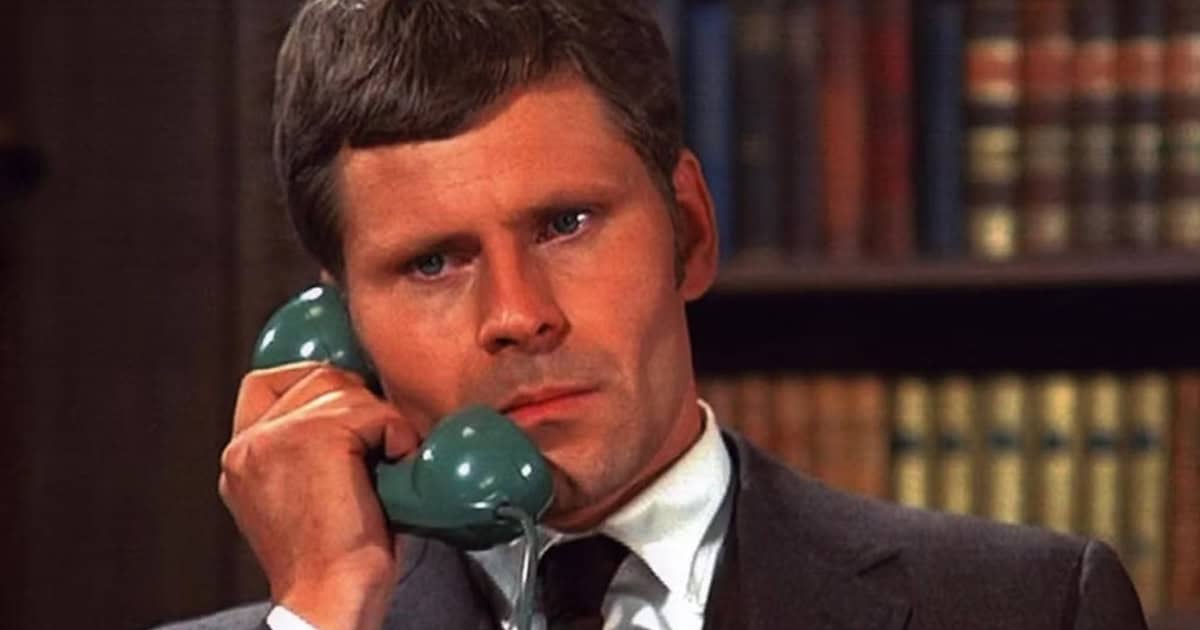




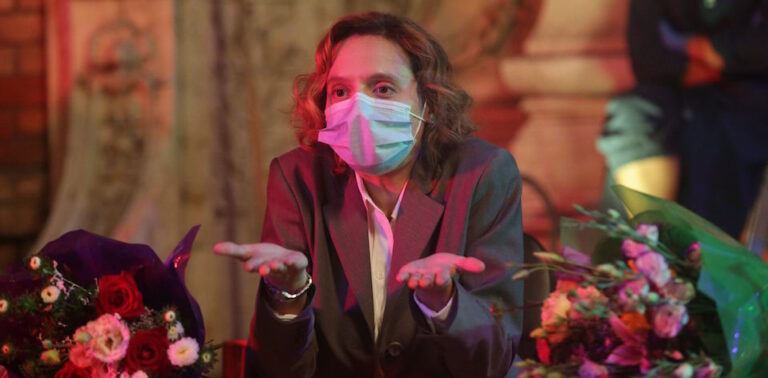

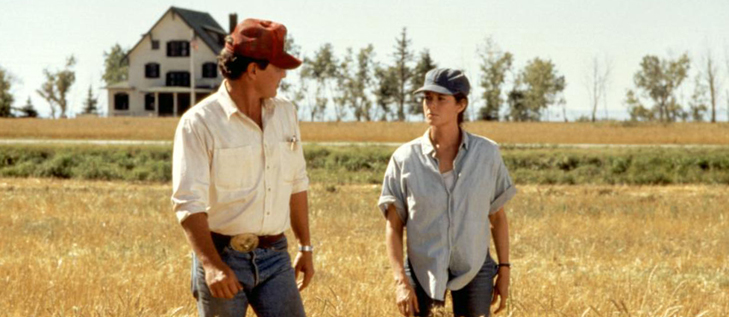


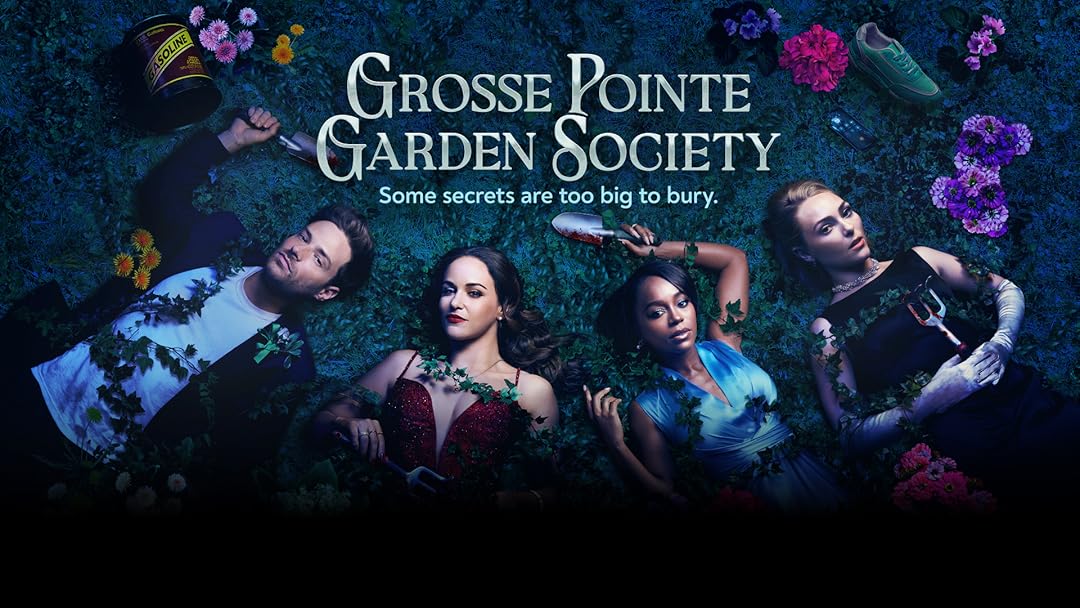

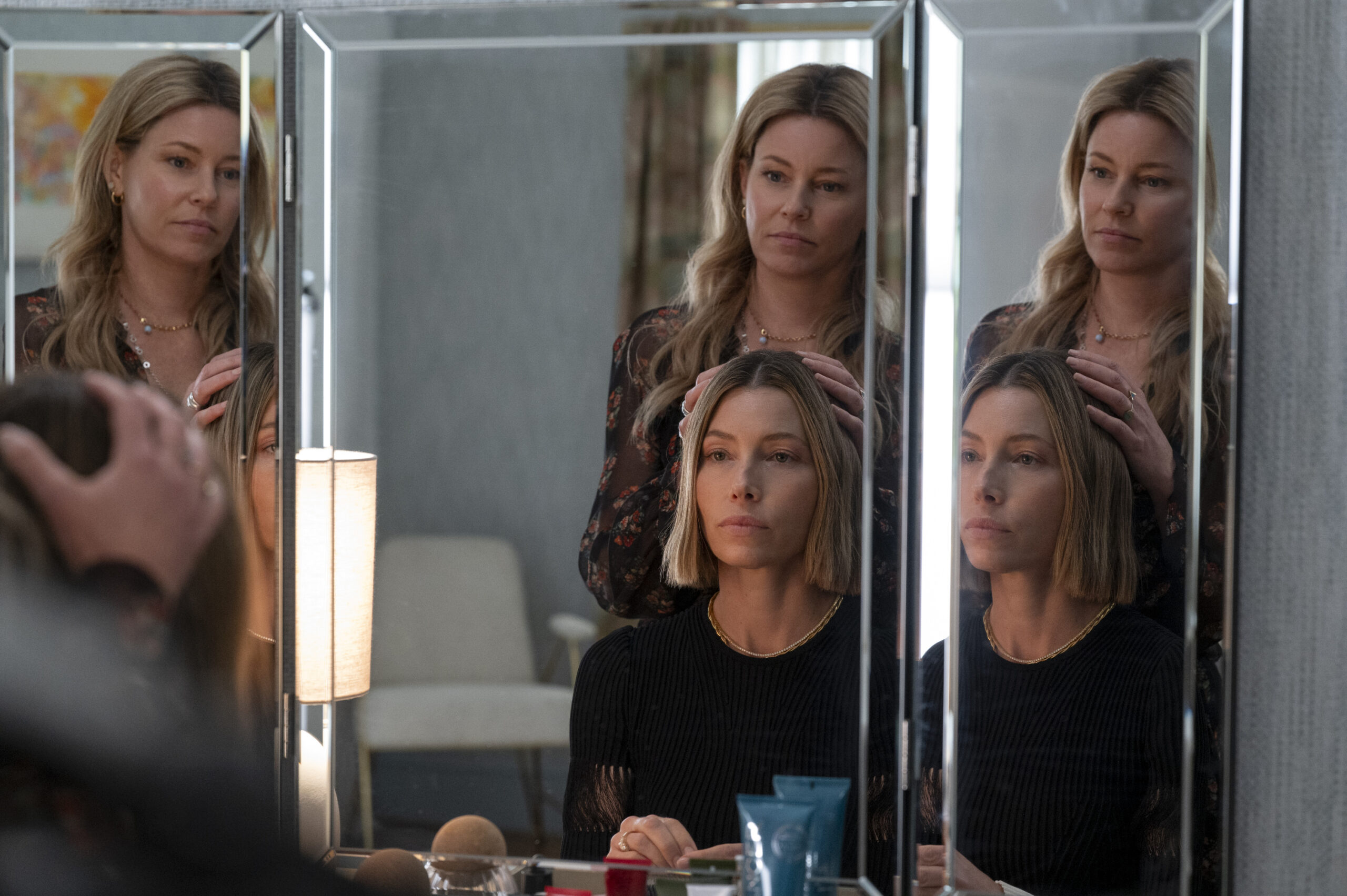






















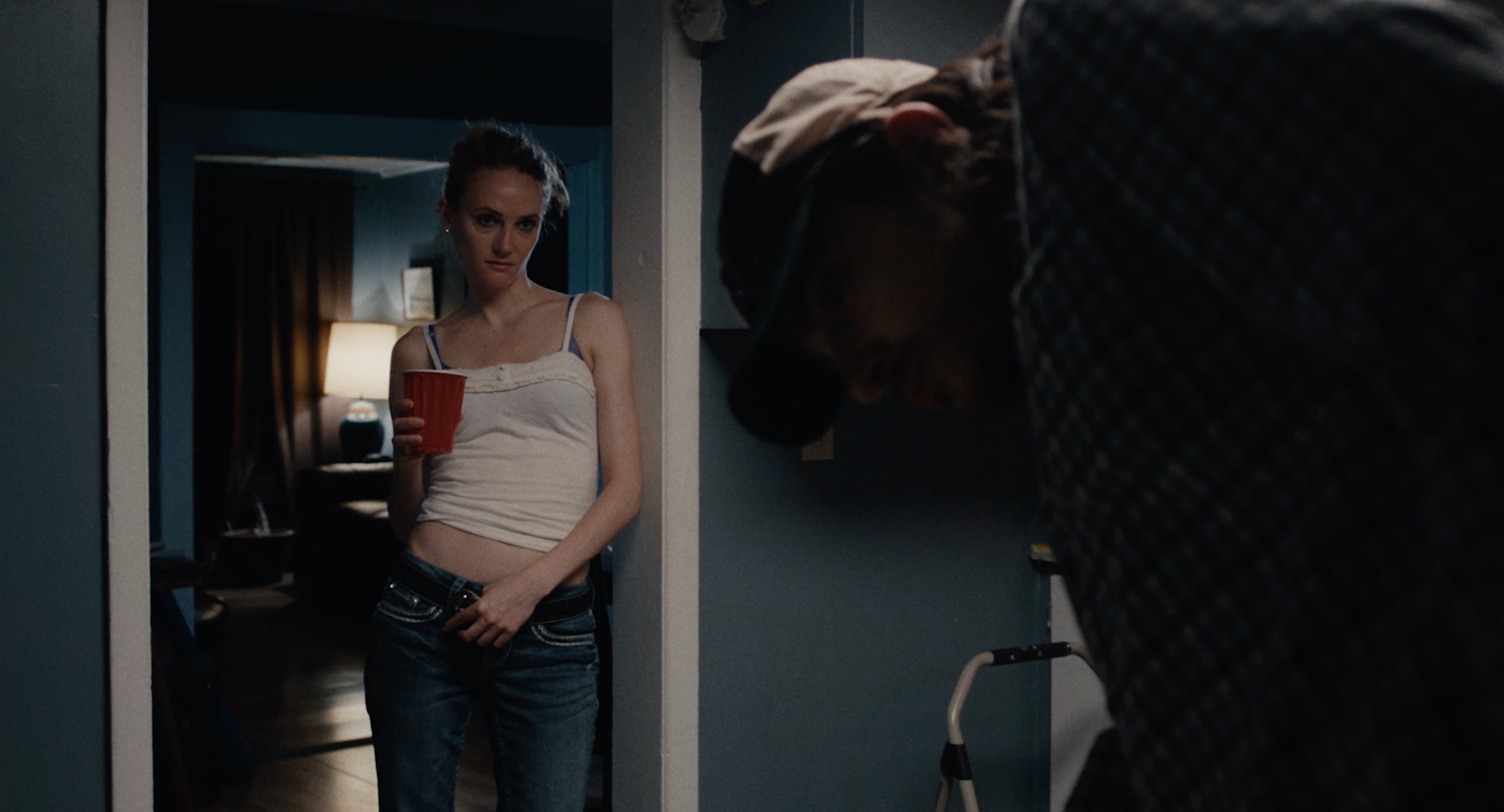

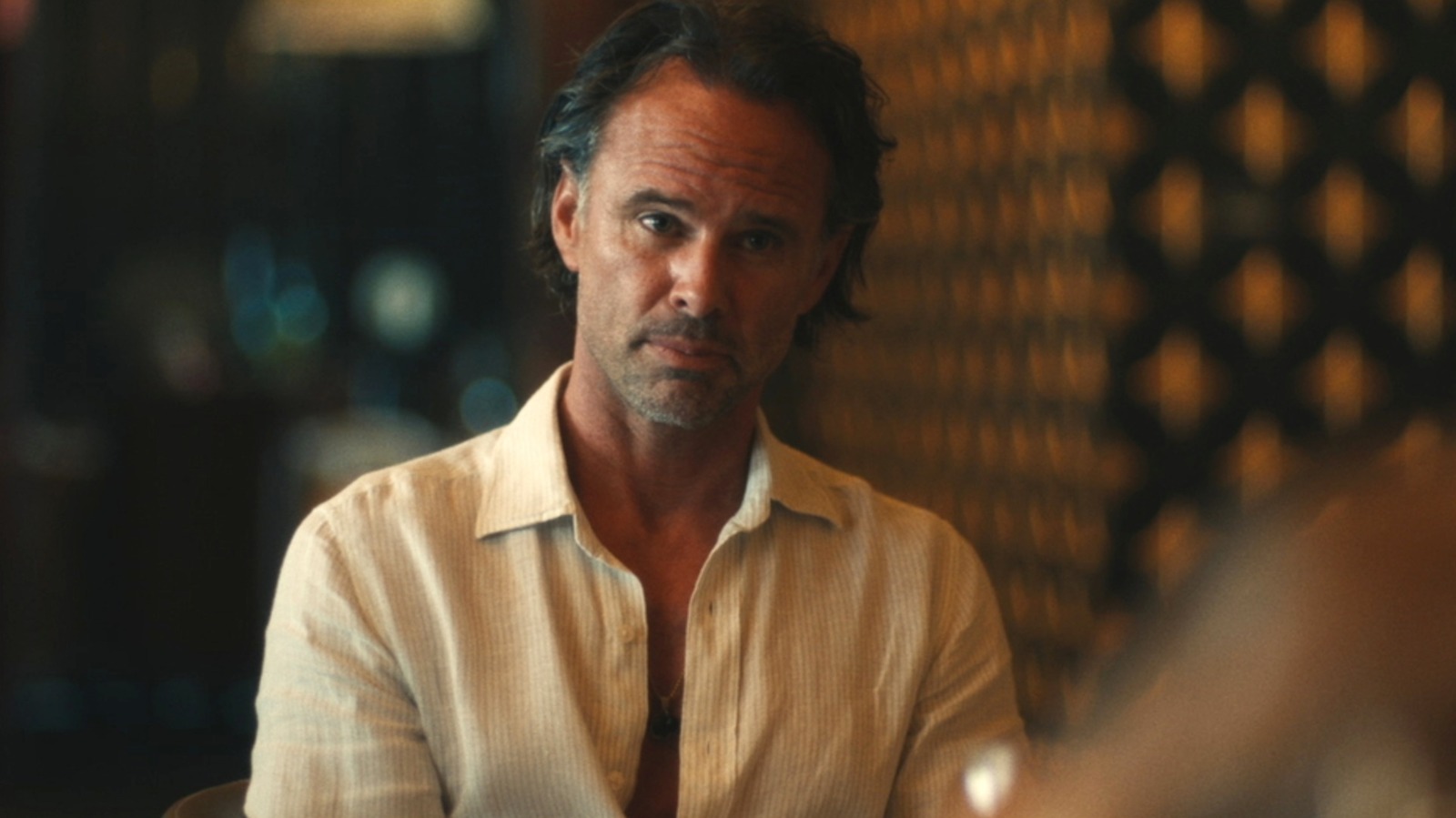
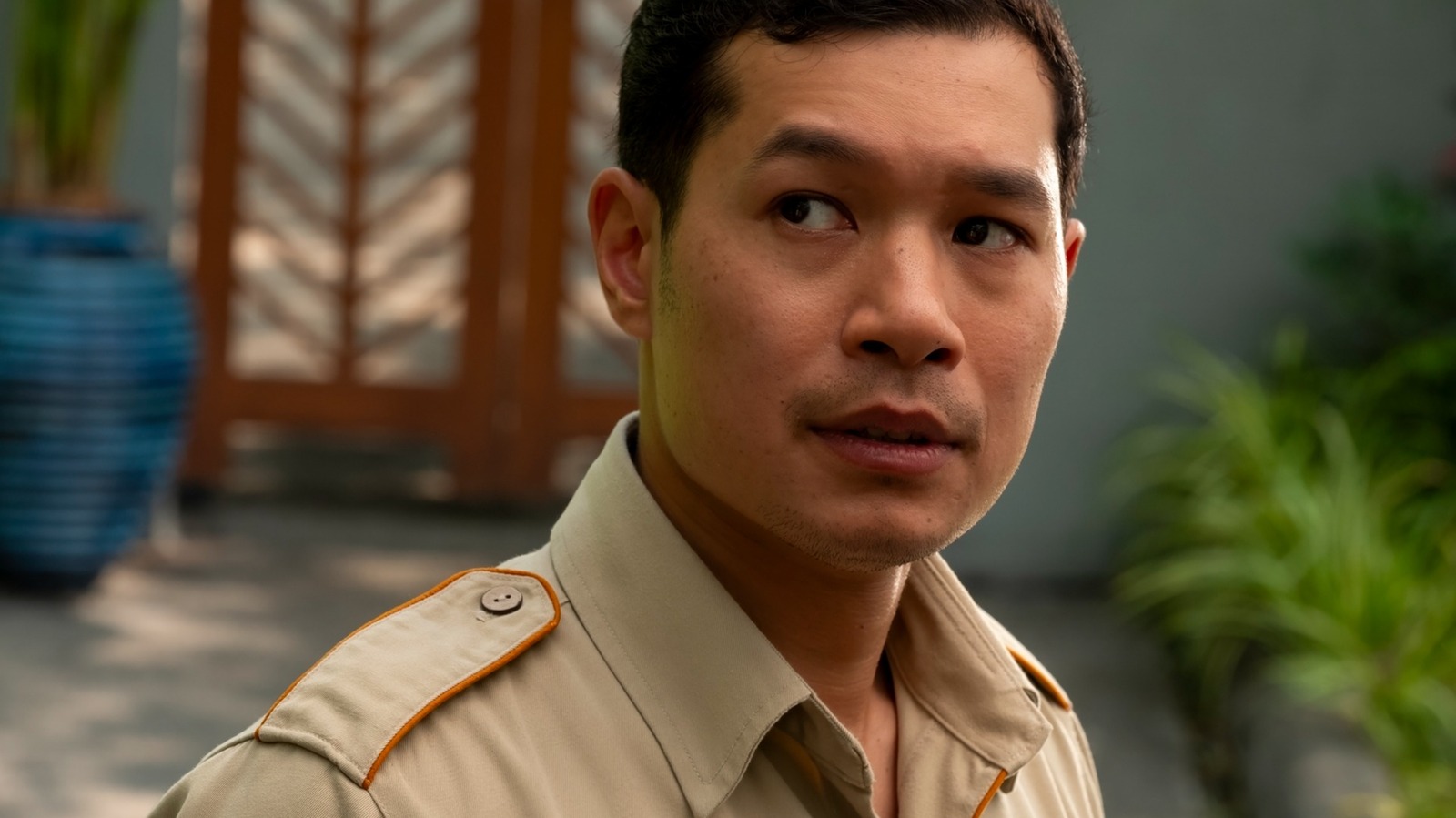




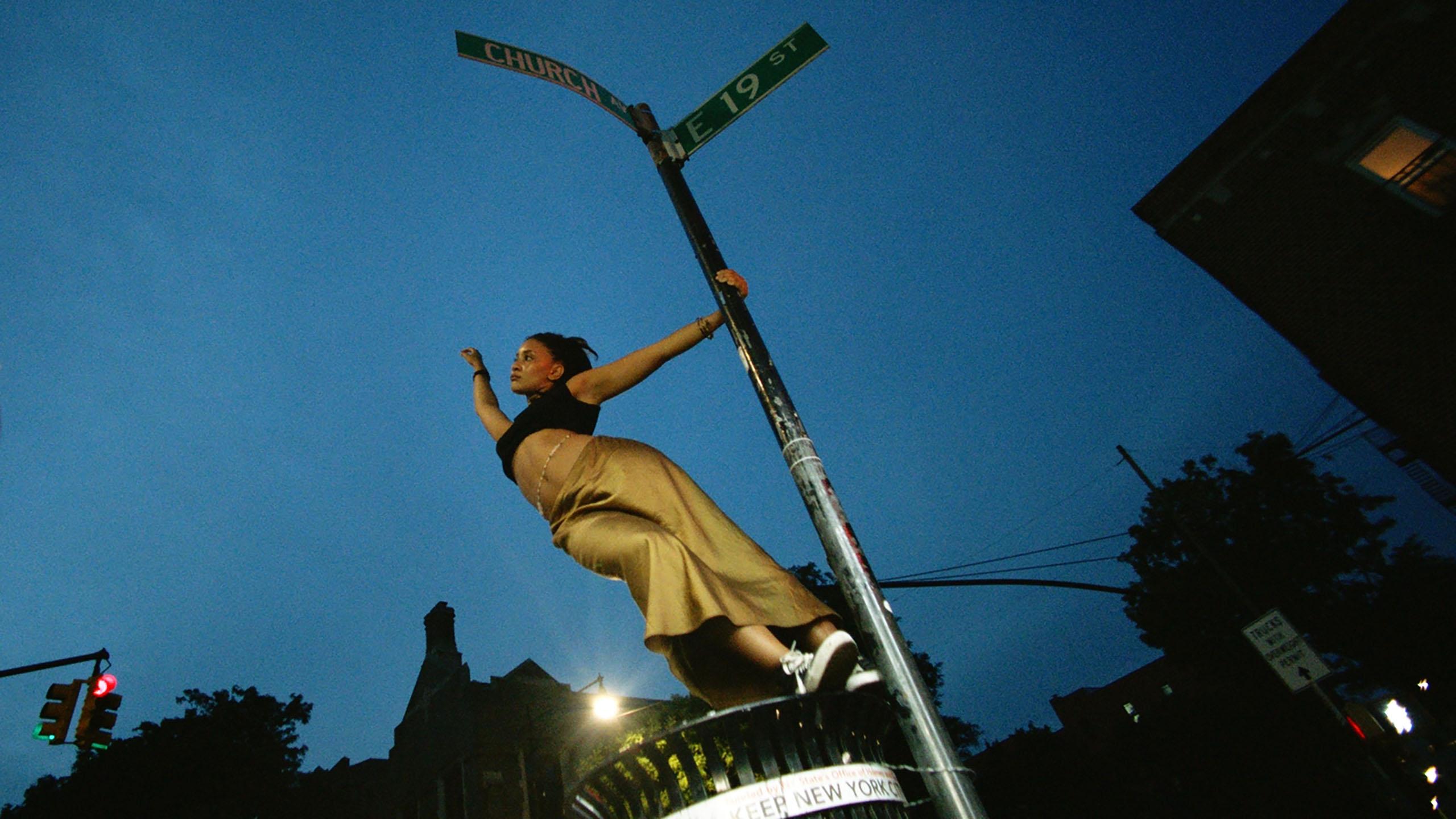
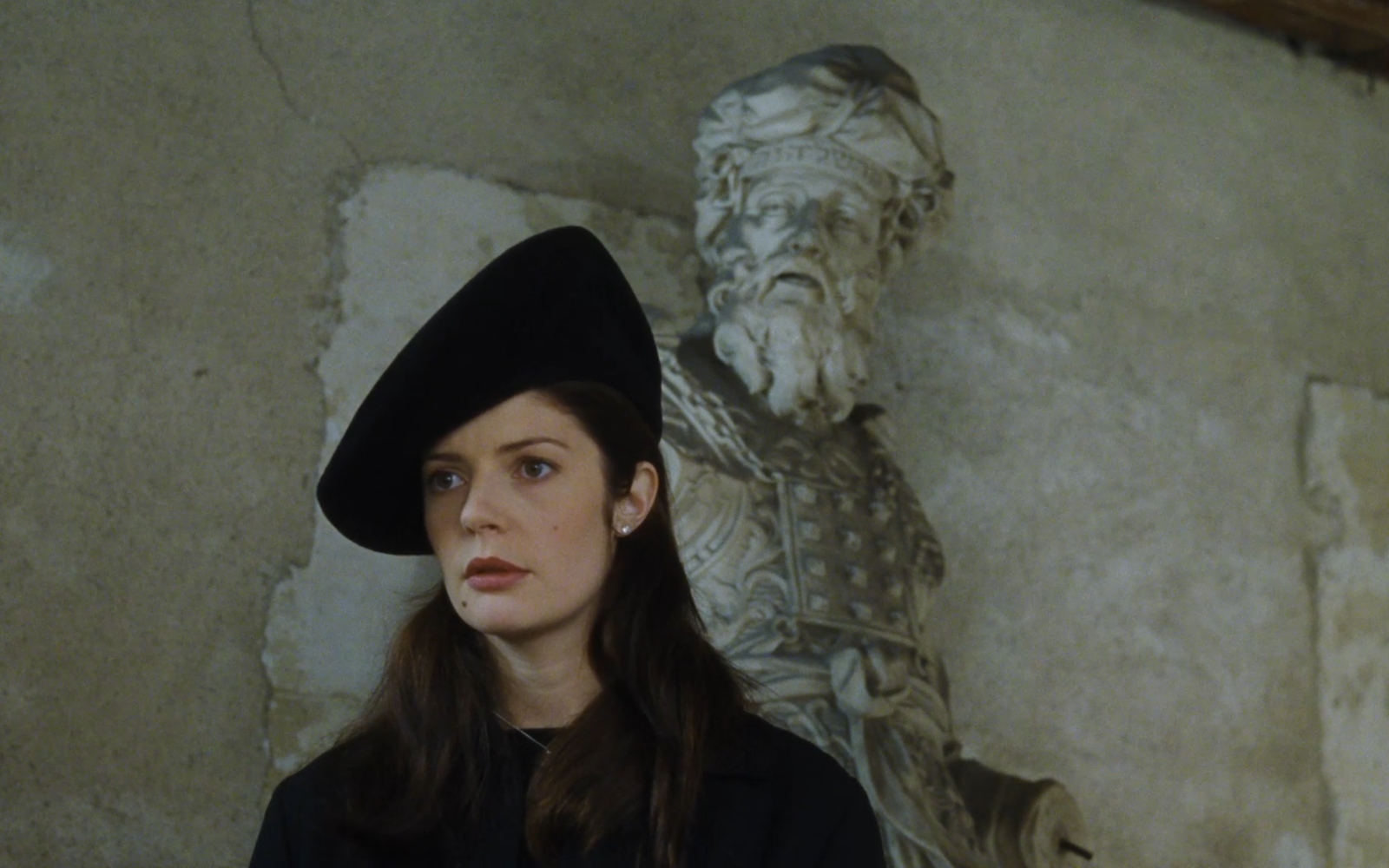
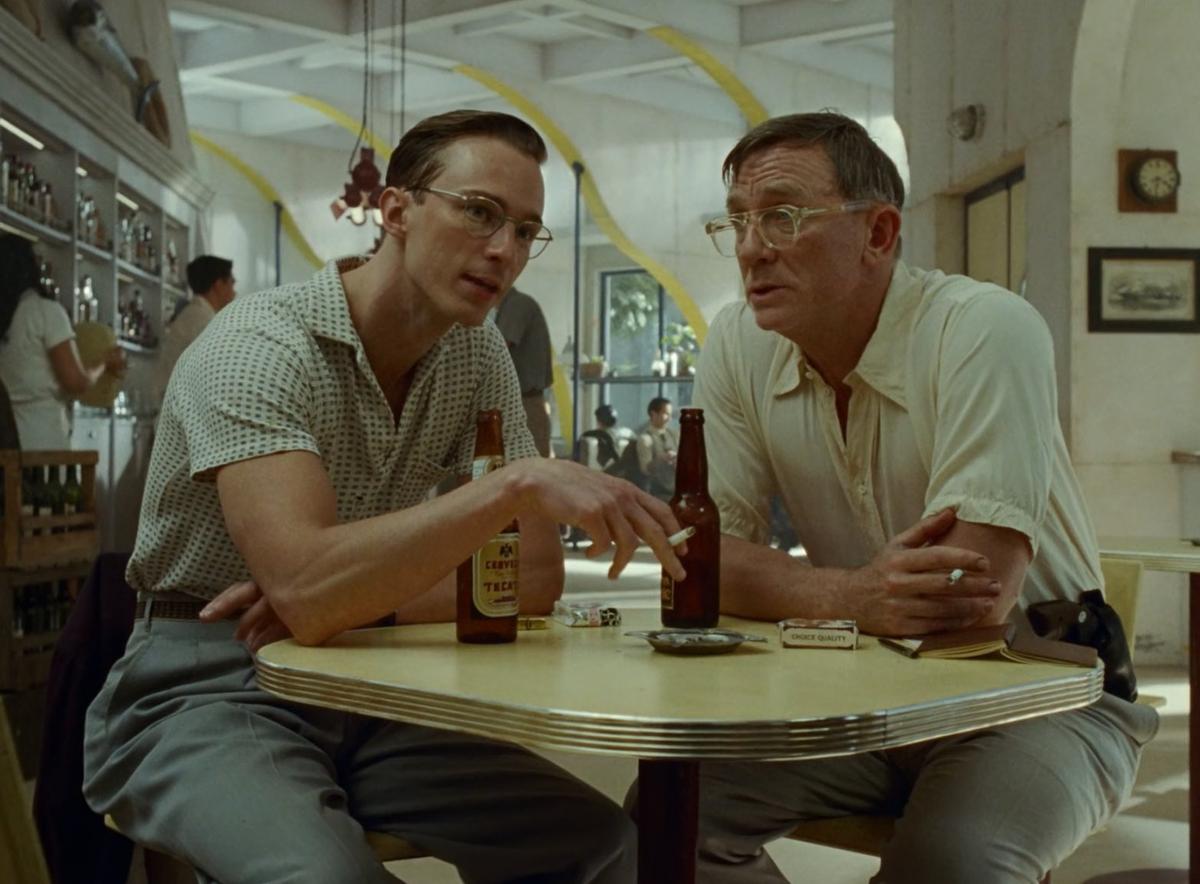
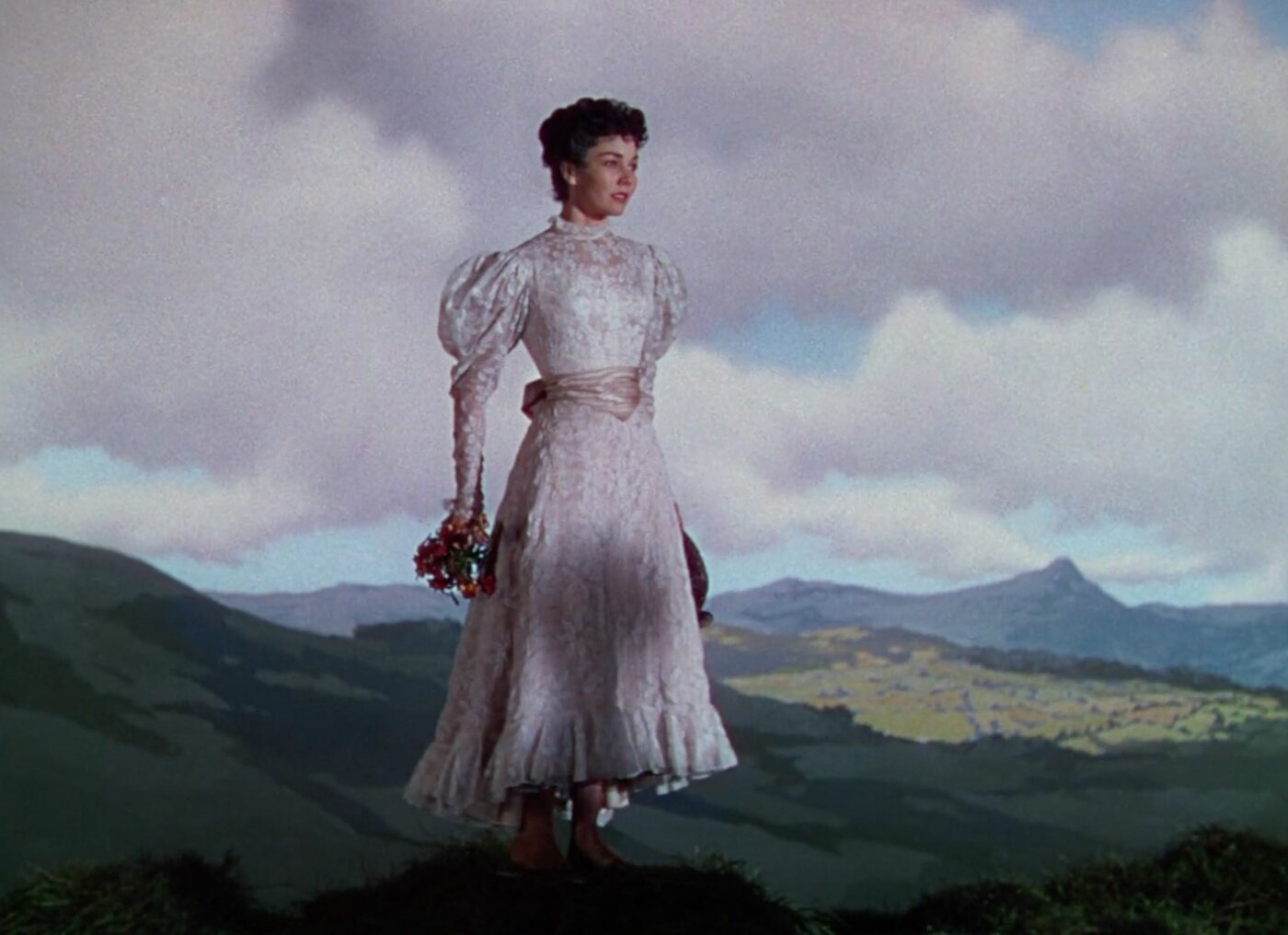





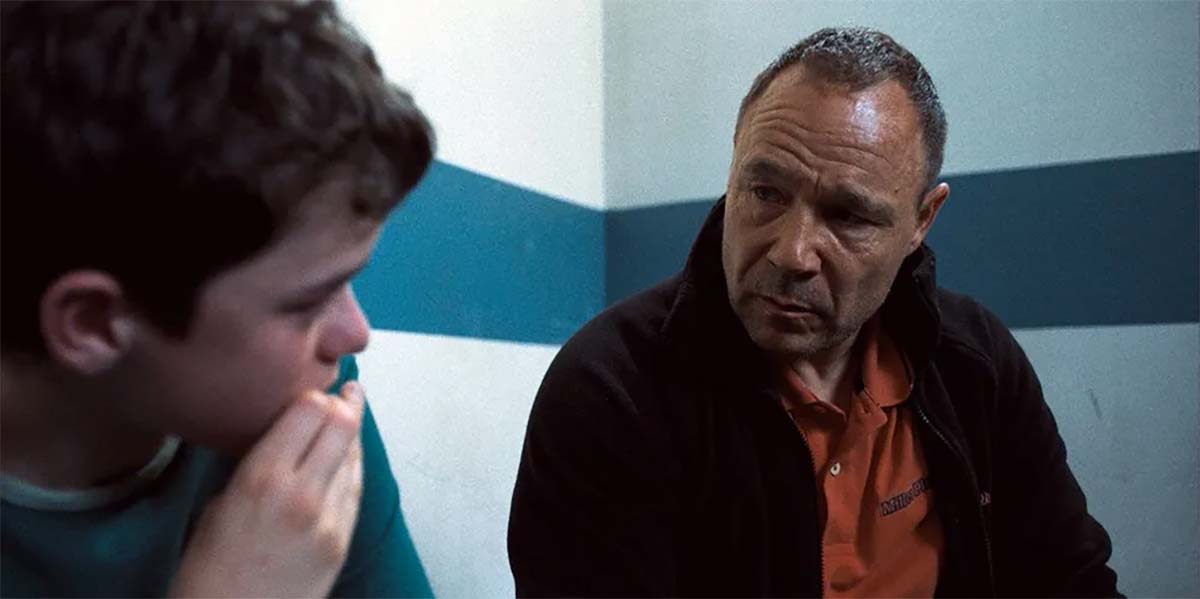
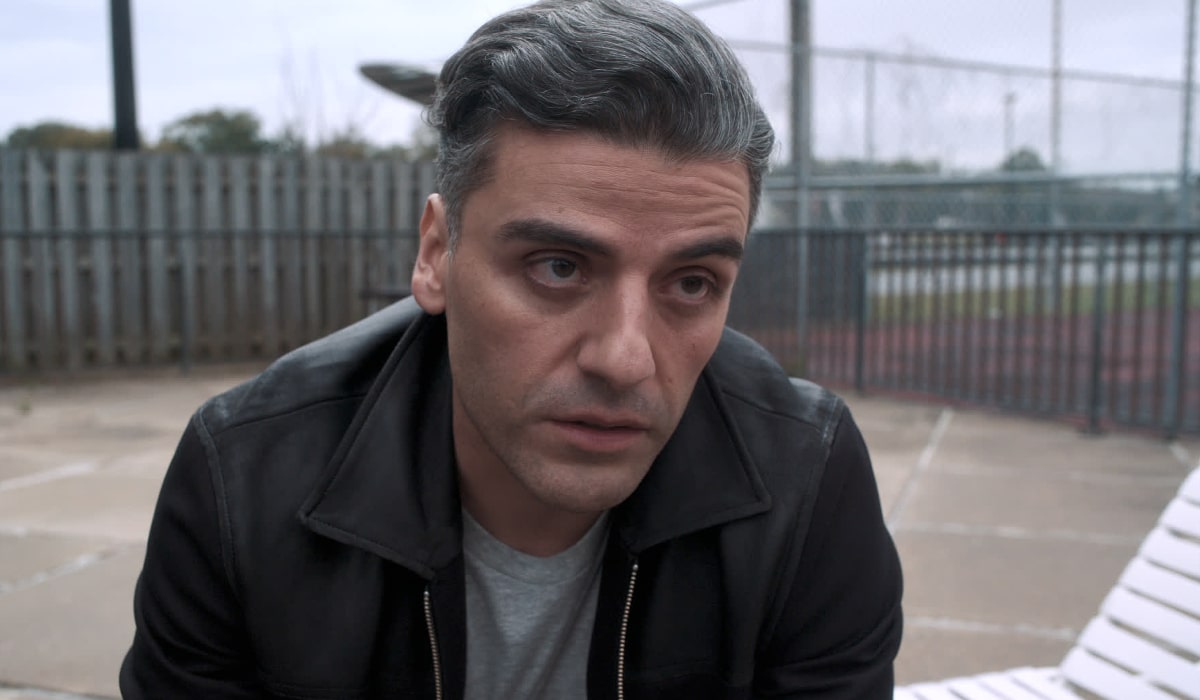
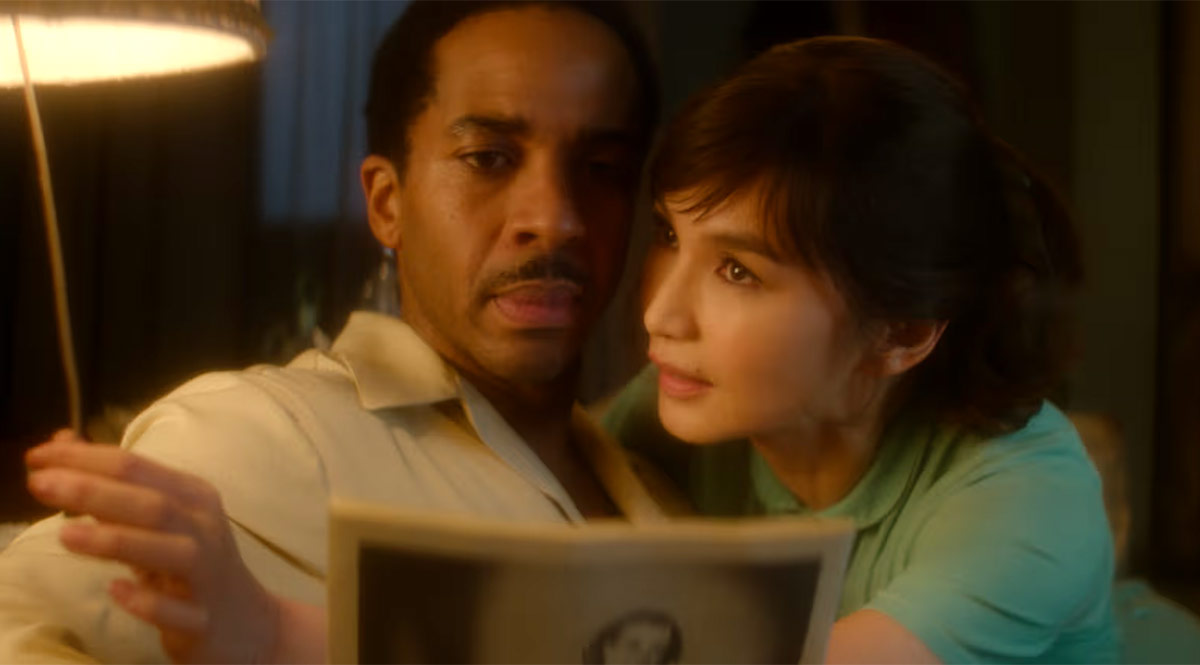


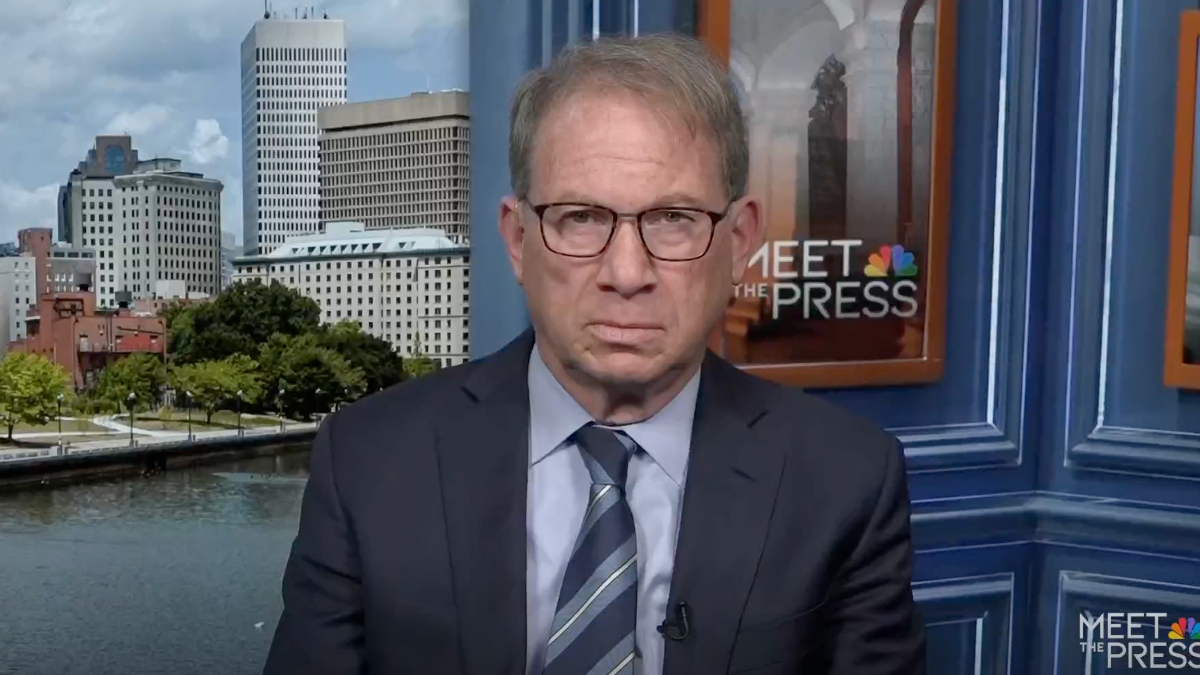


















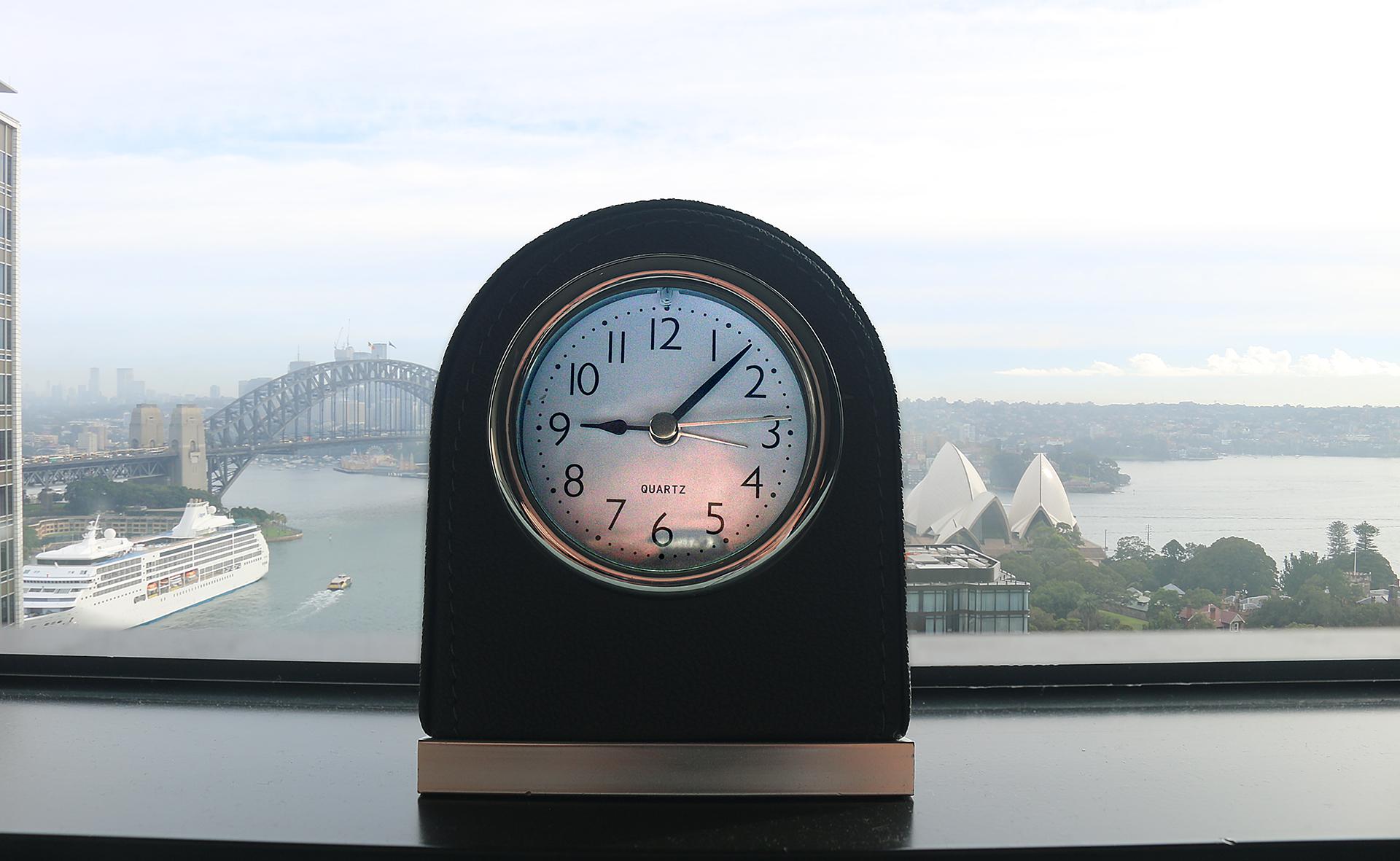
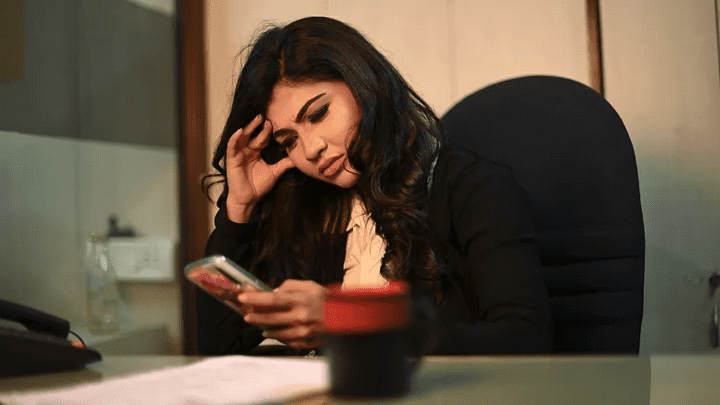
















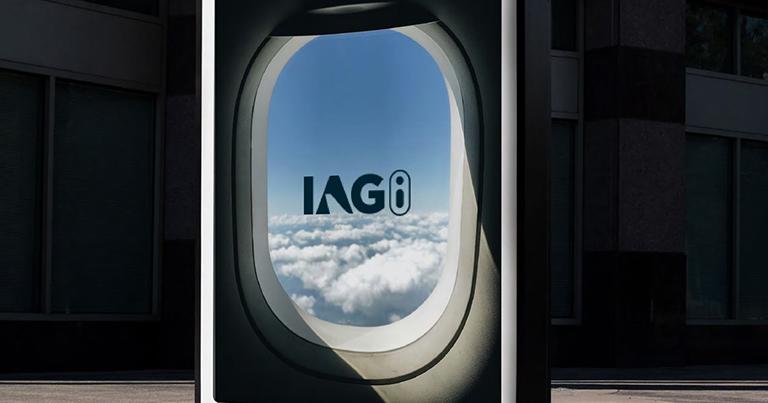

















































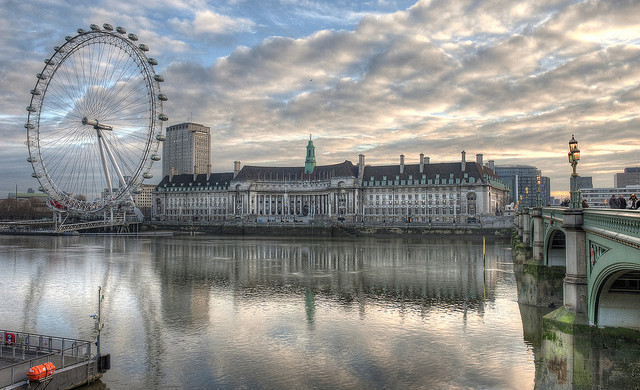
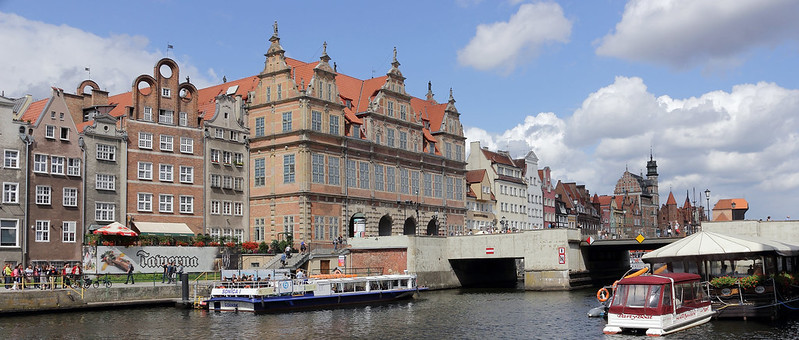
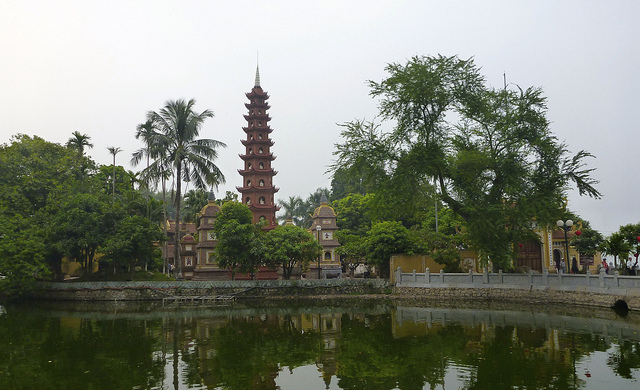
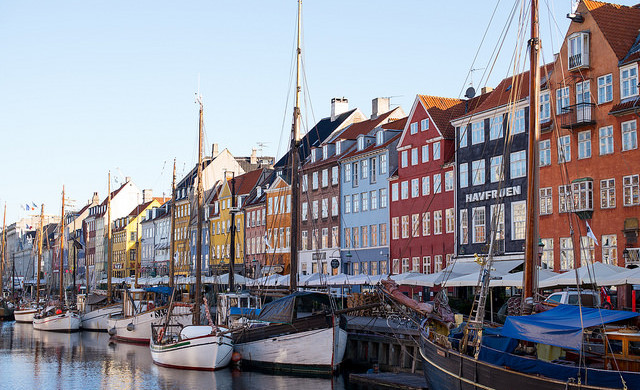






























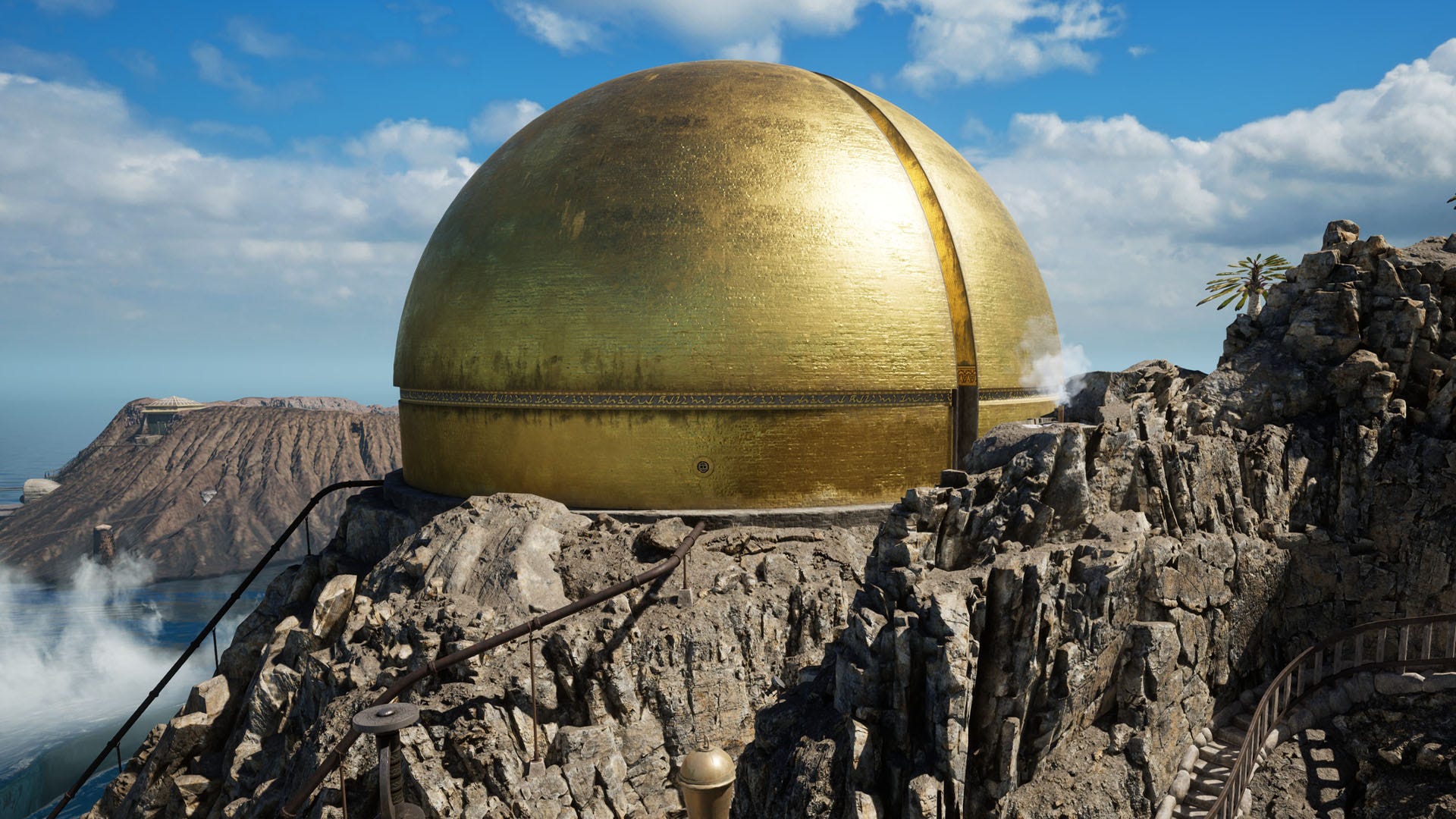
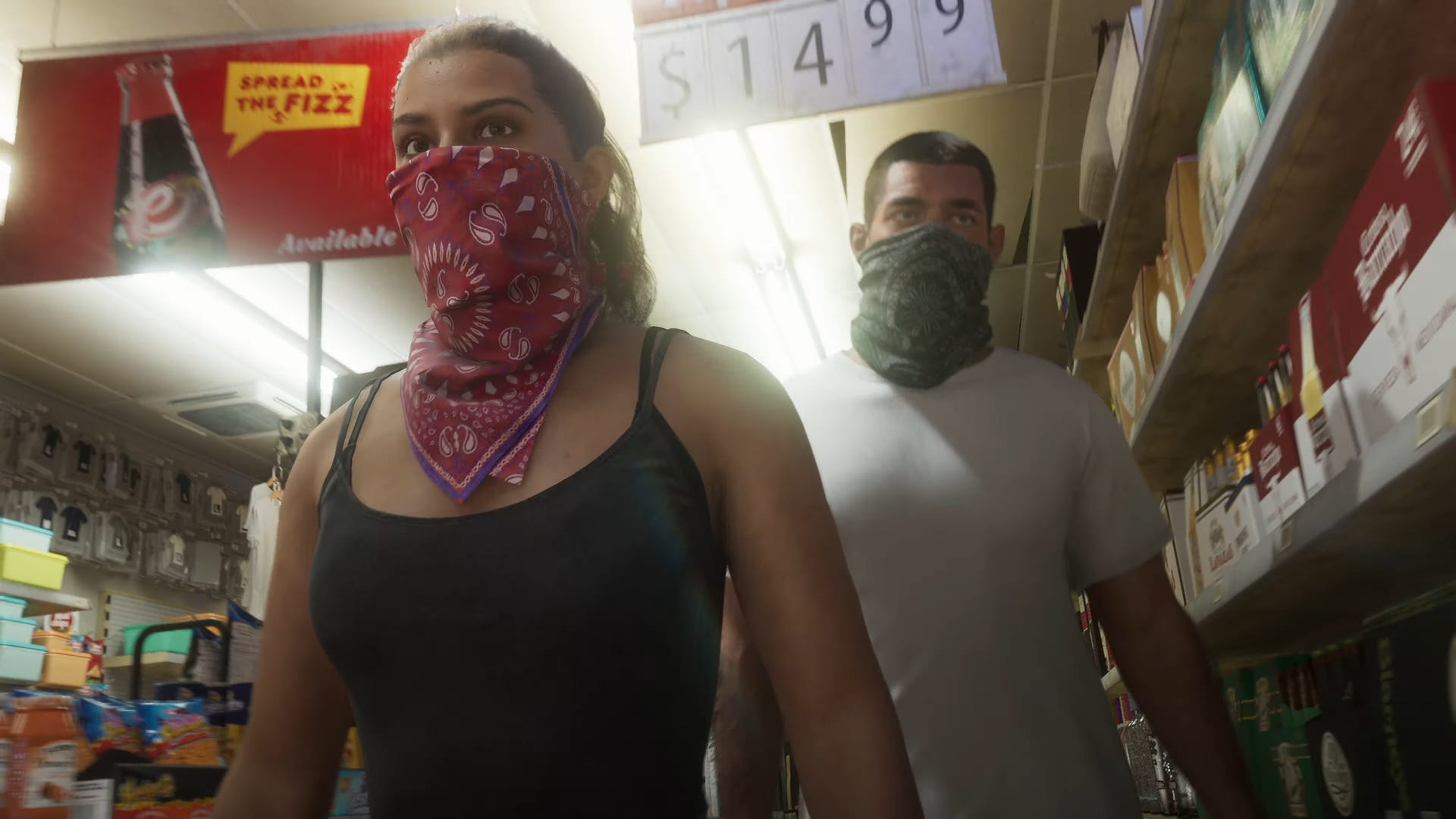












.png?#)






